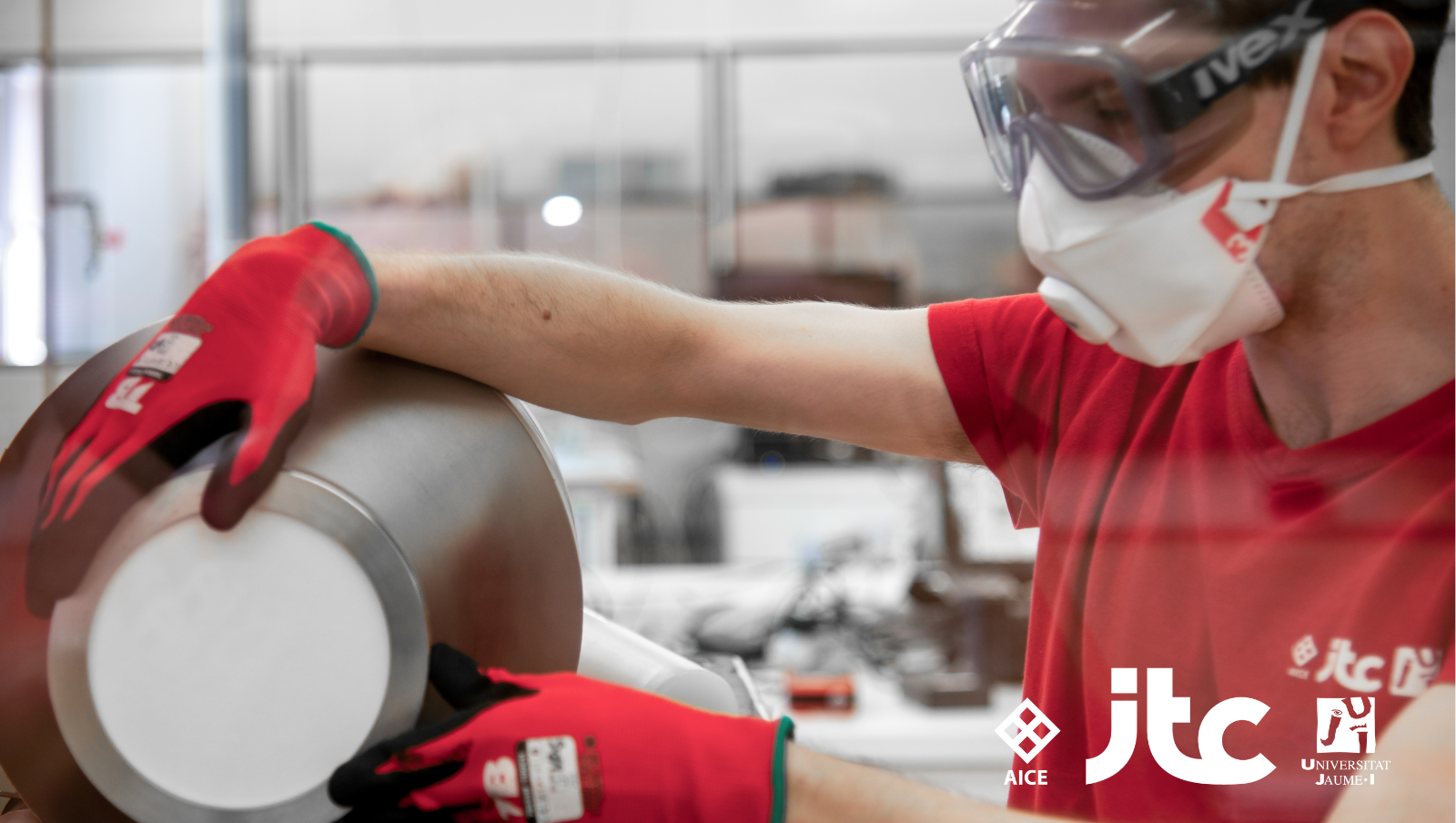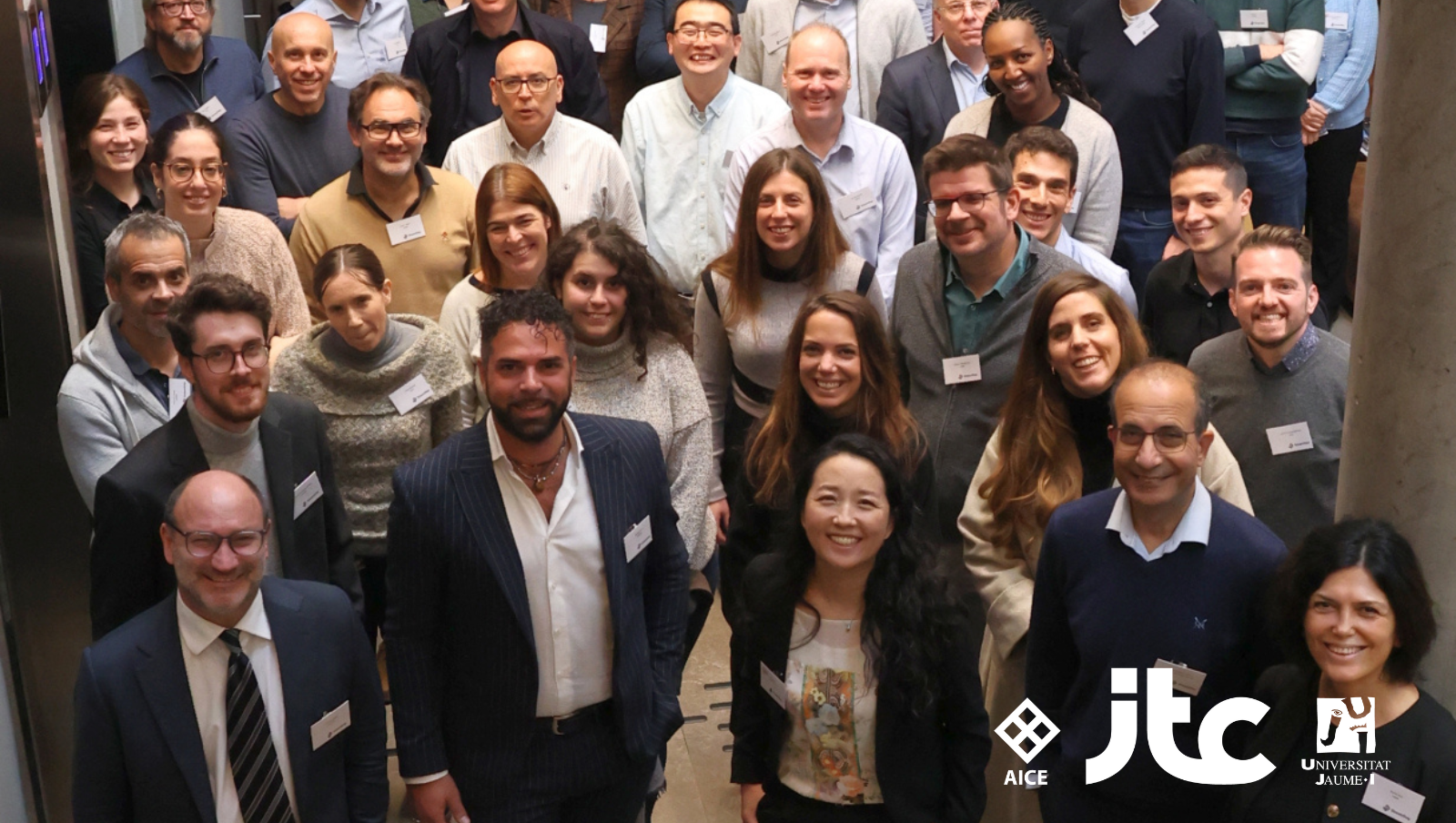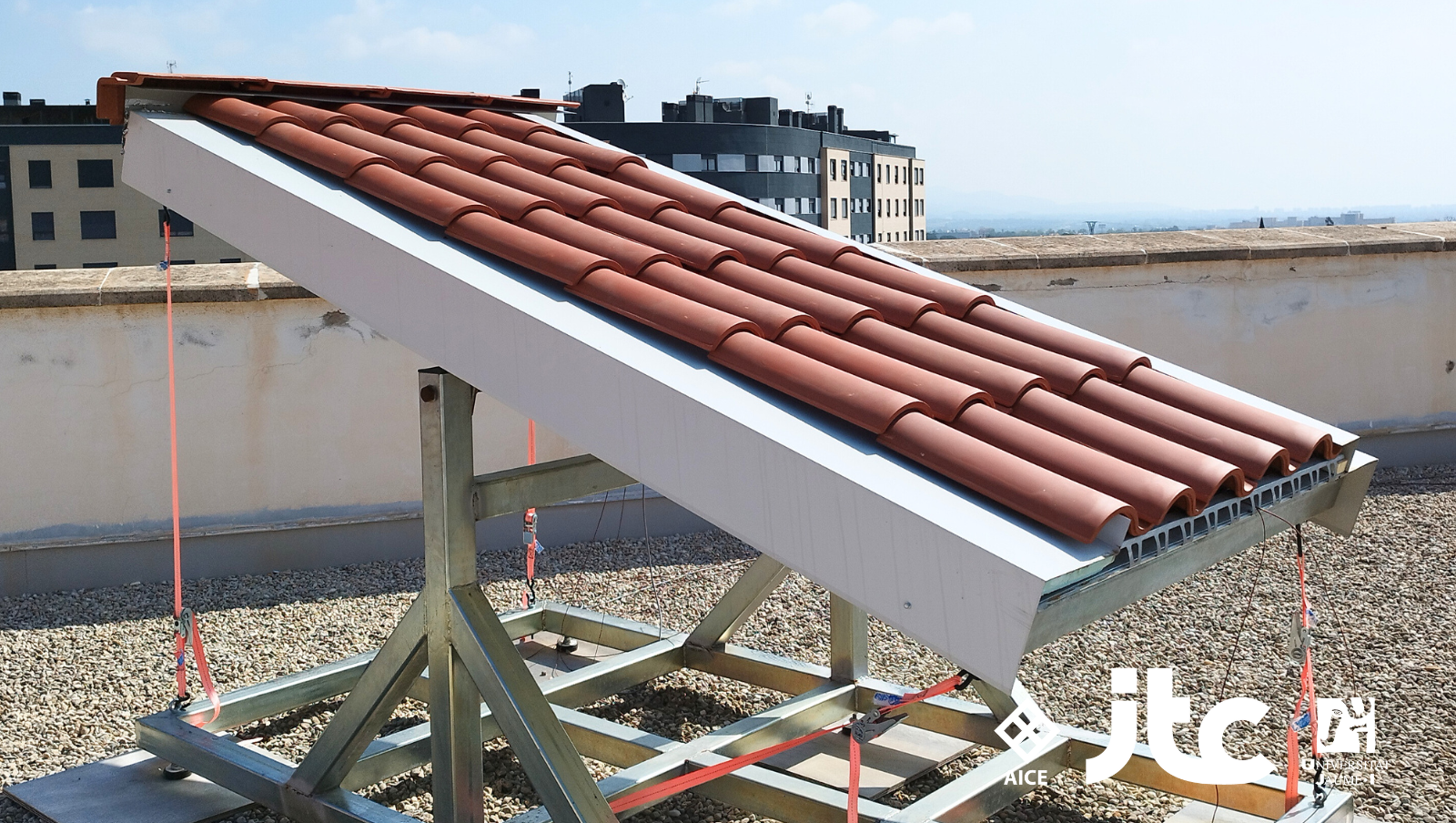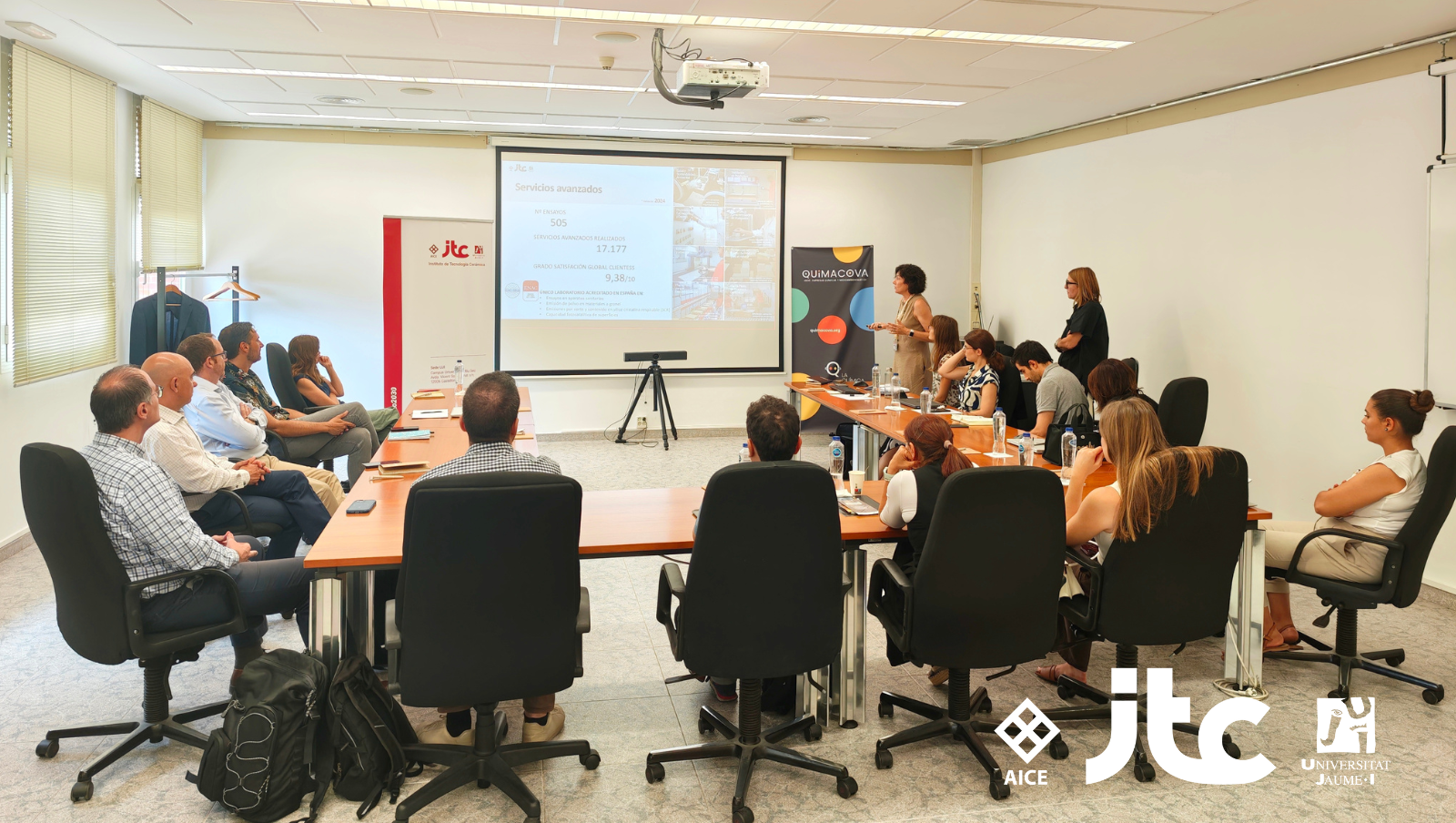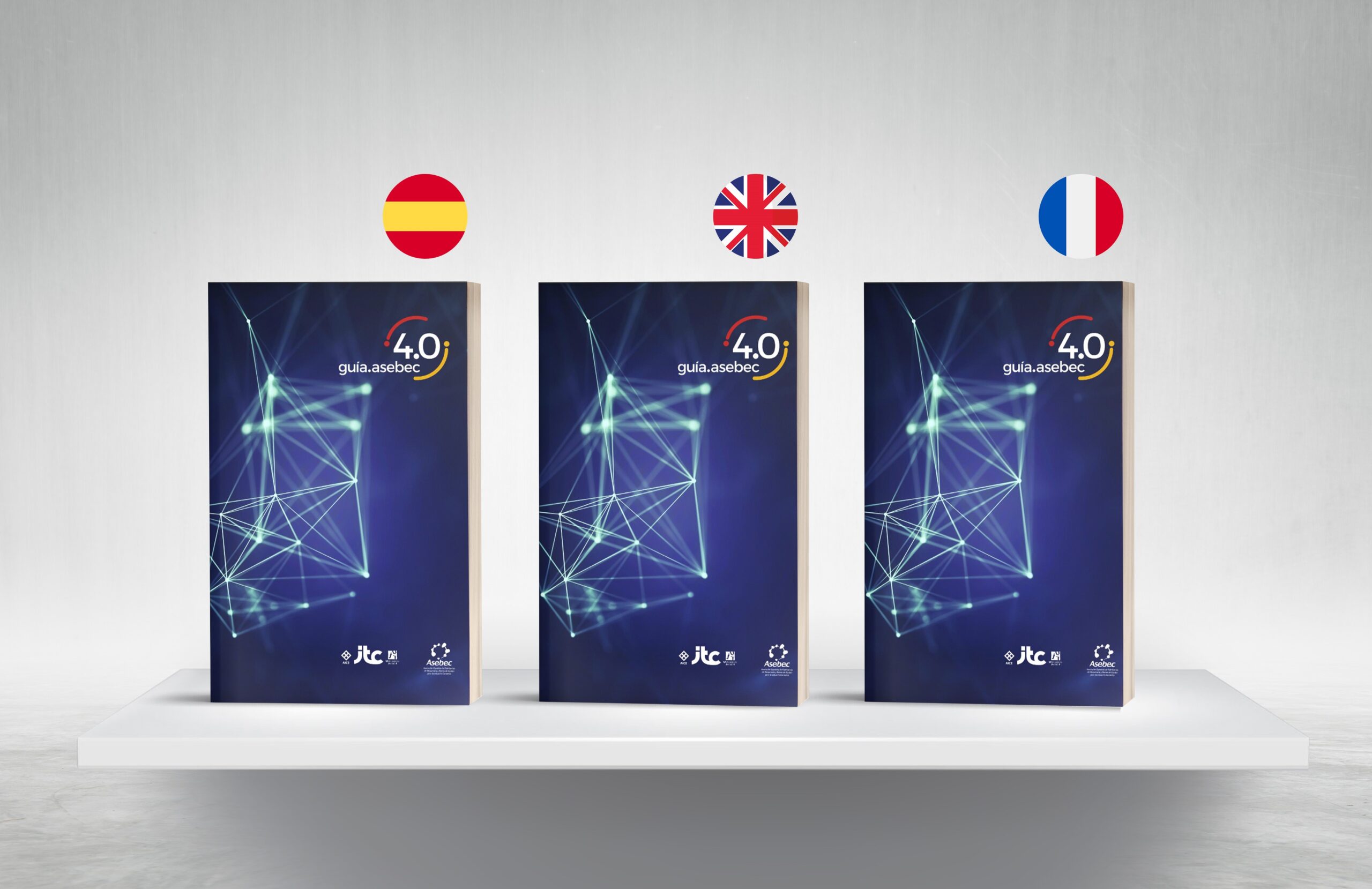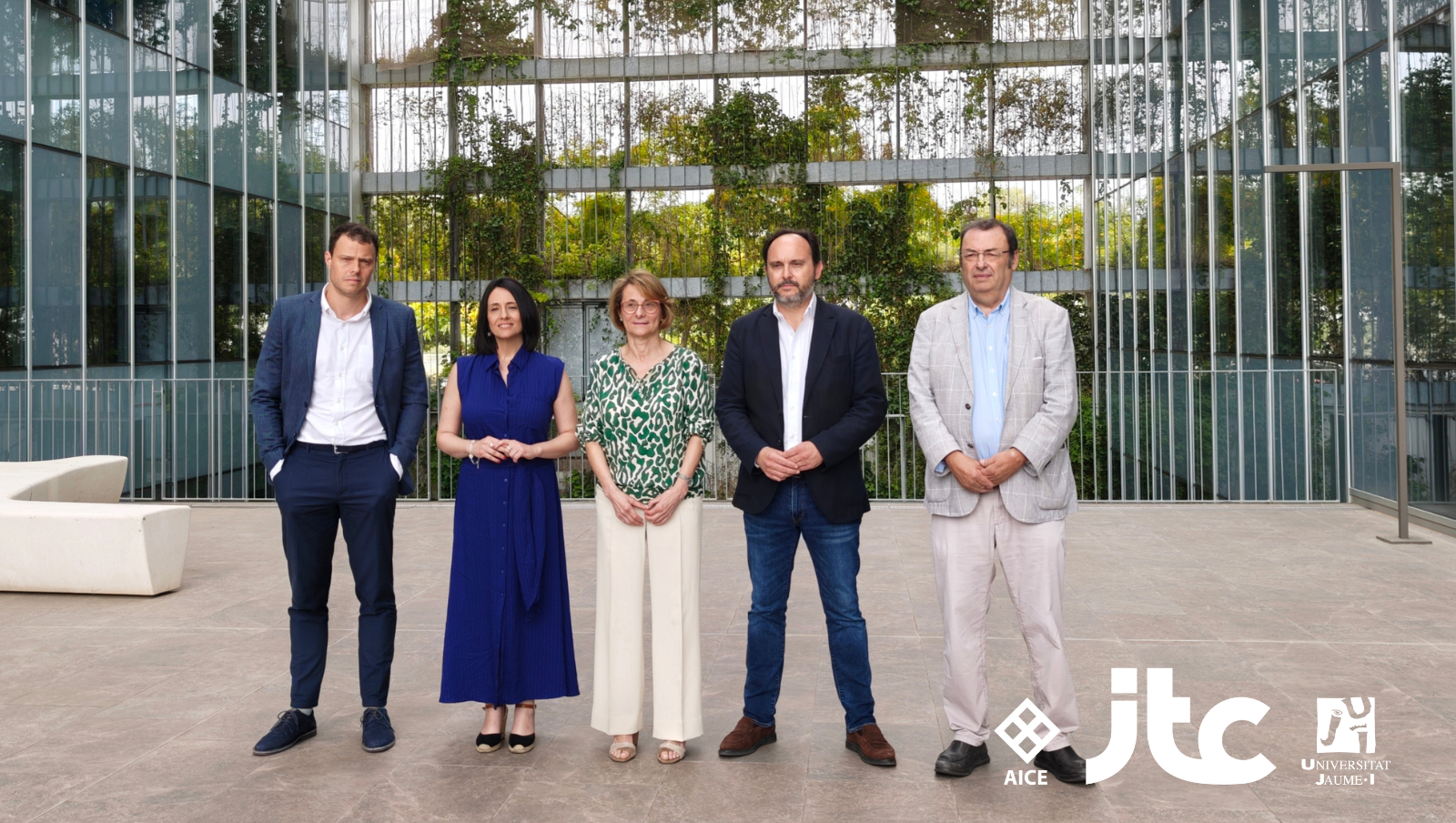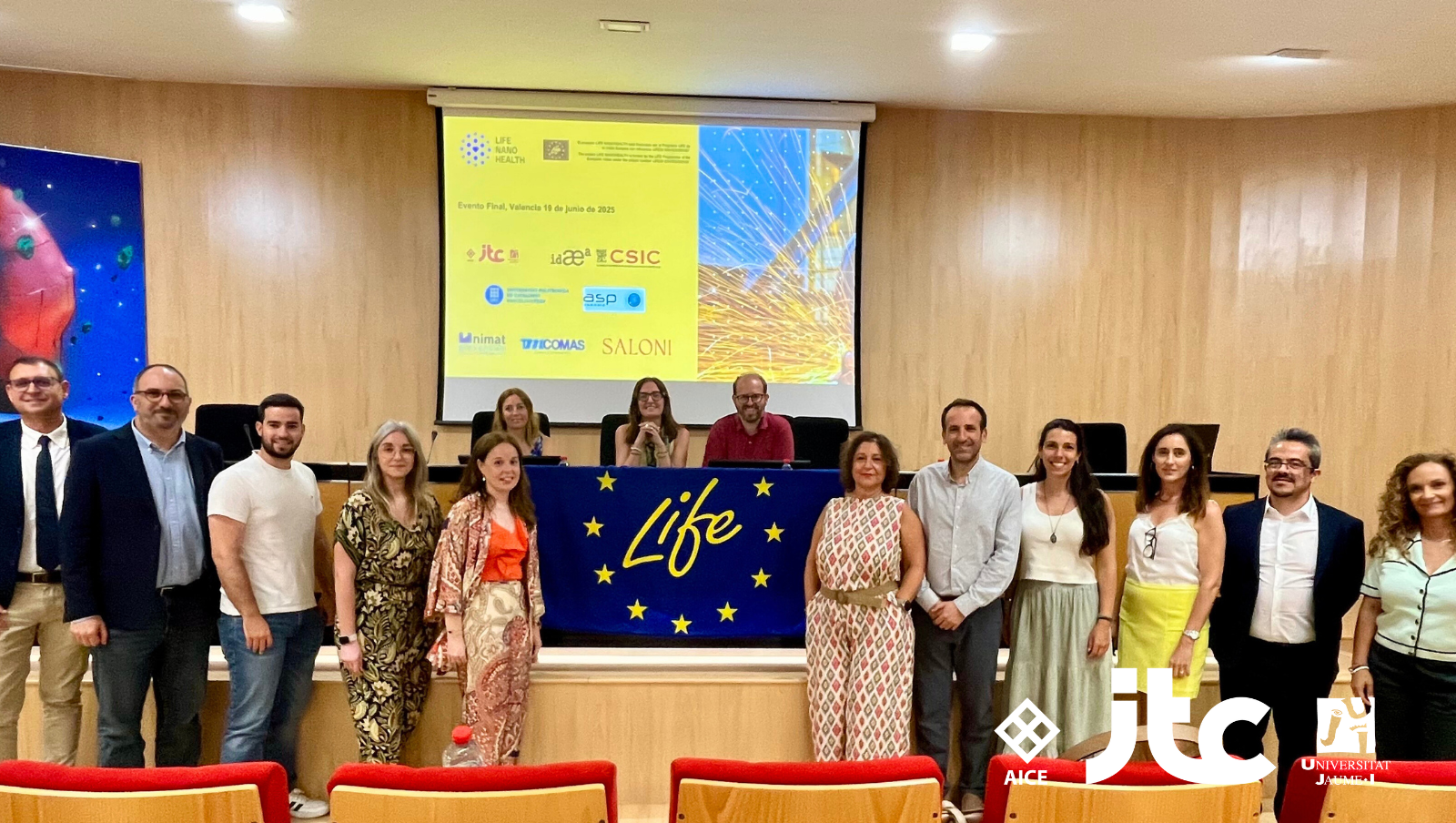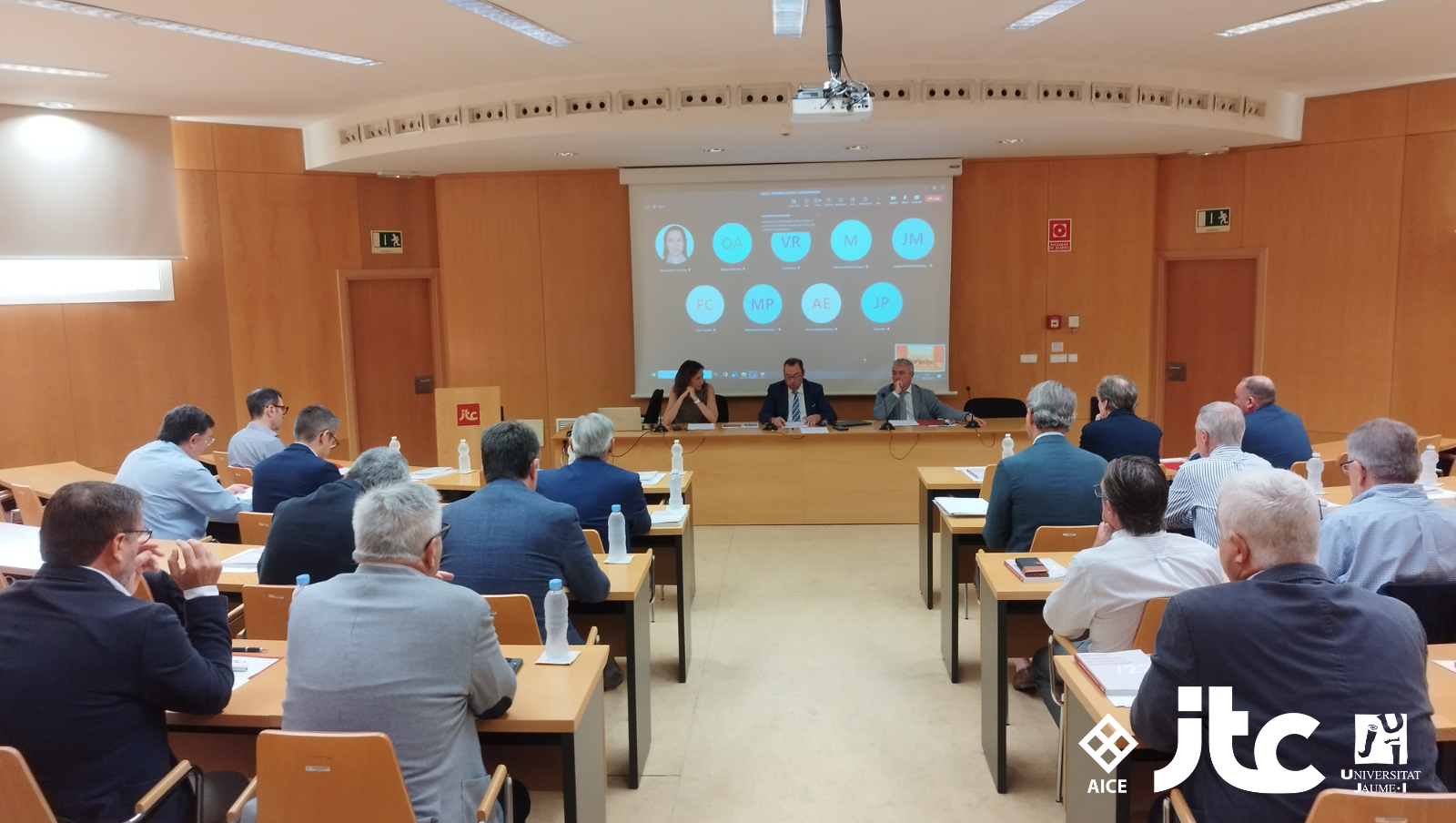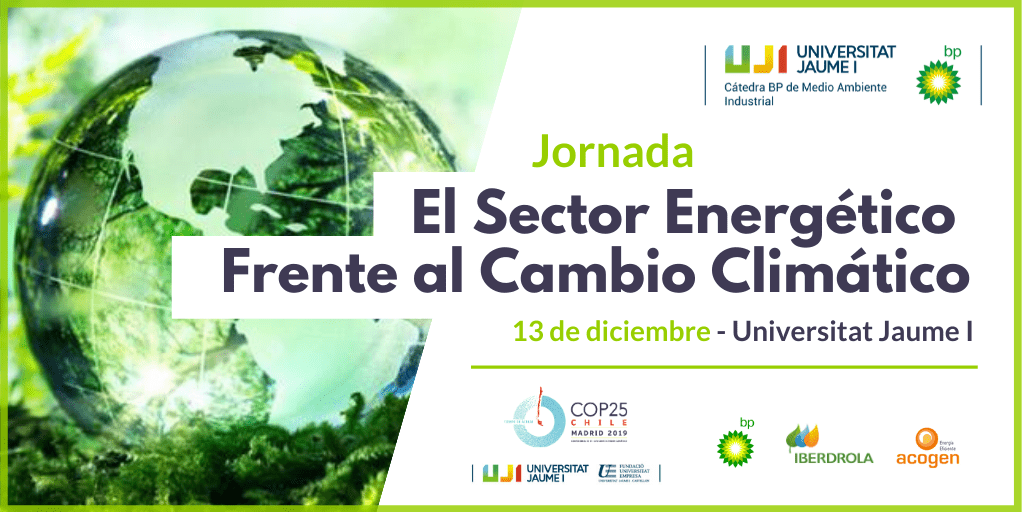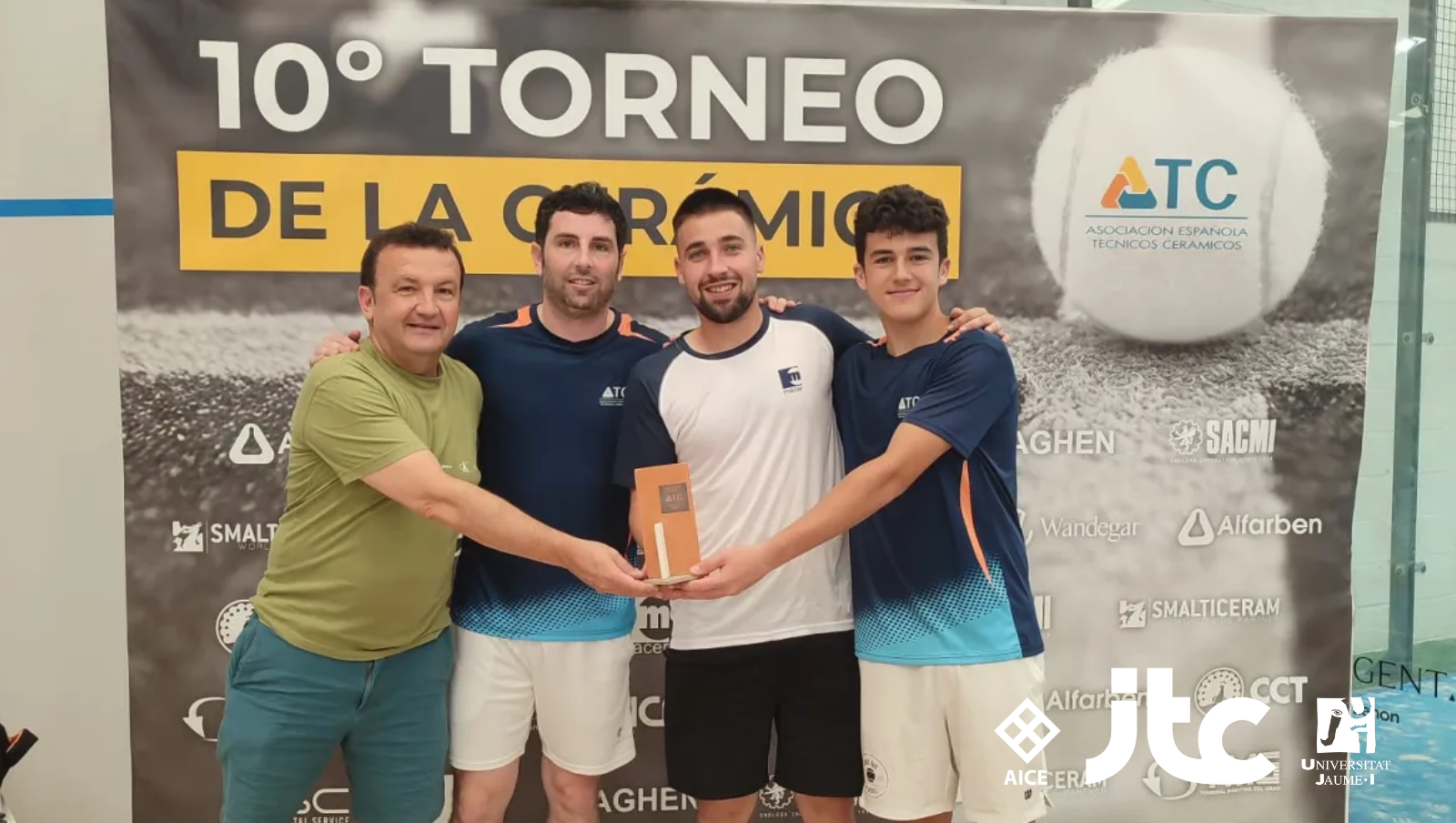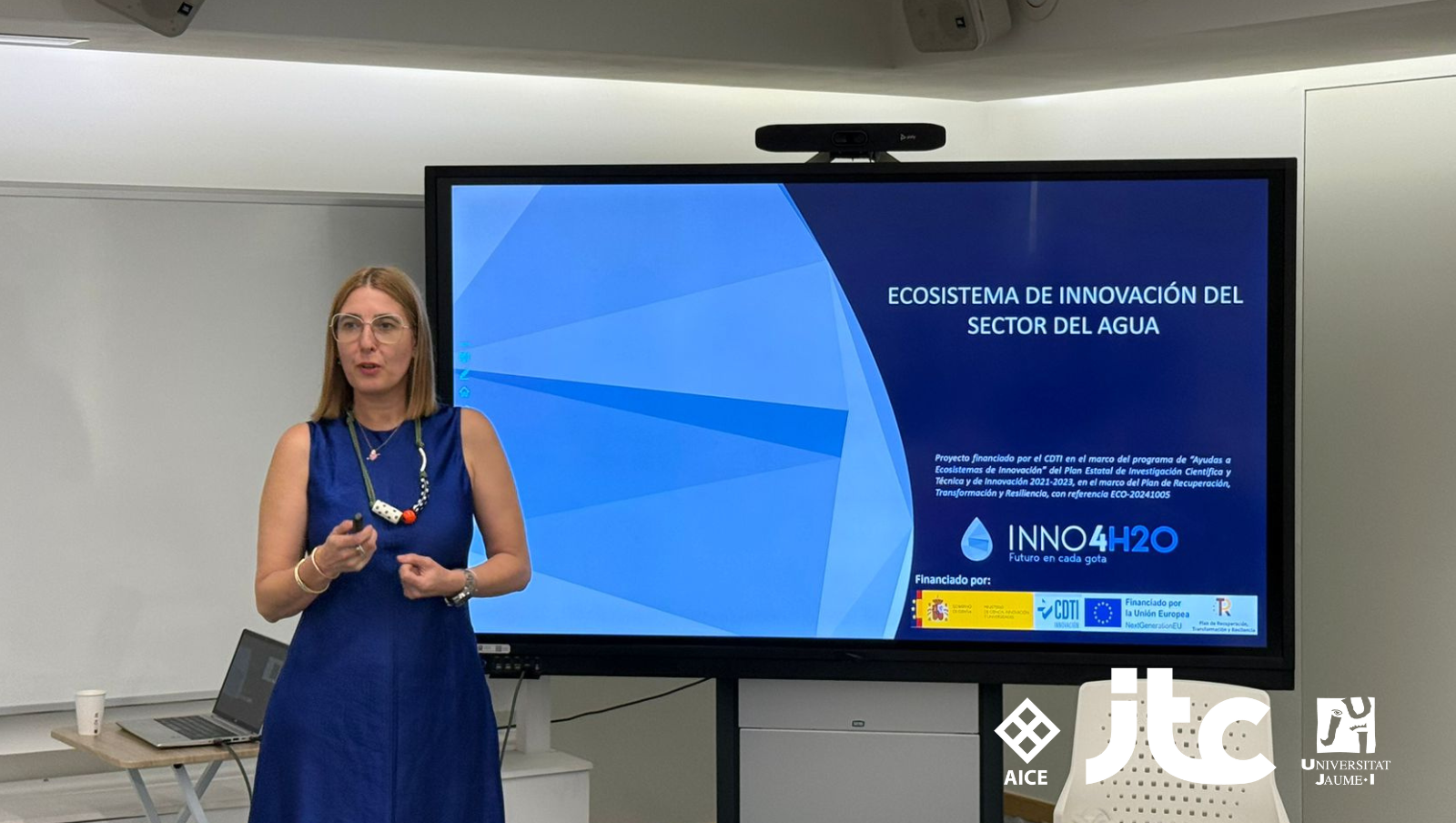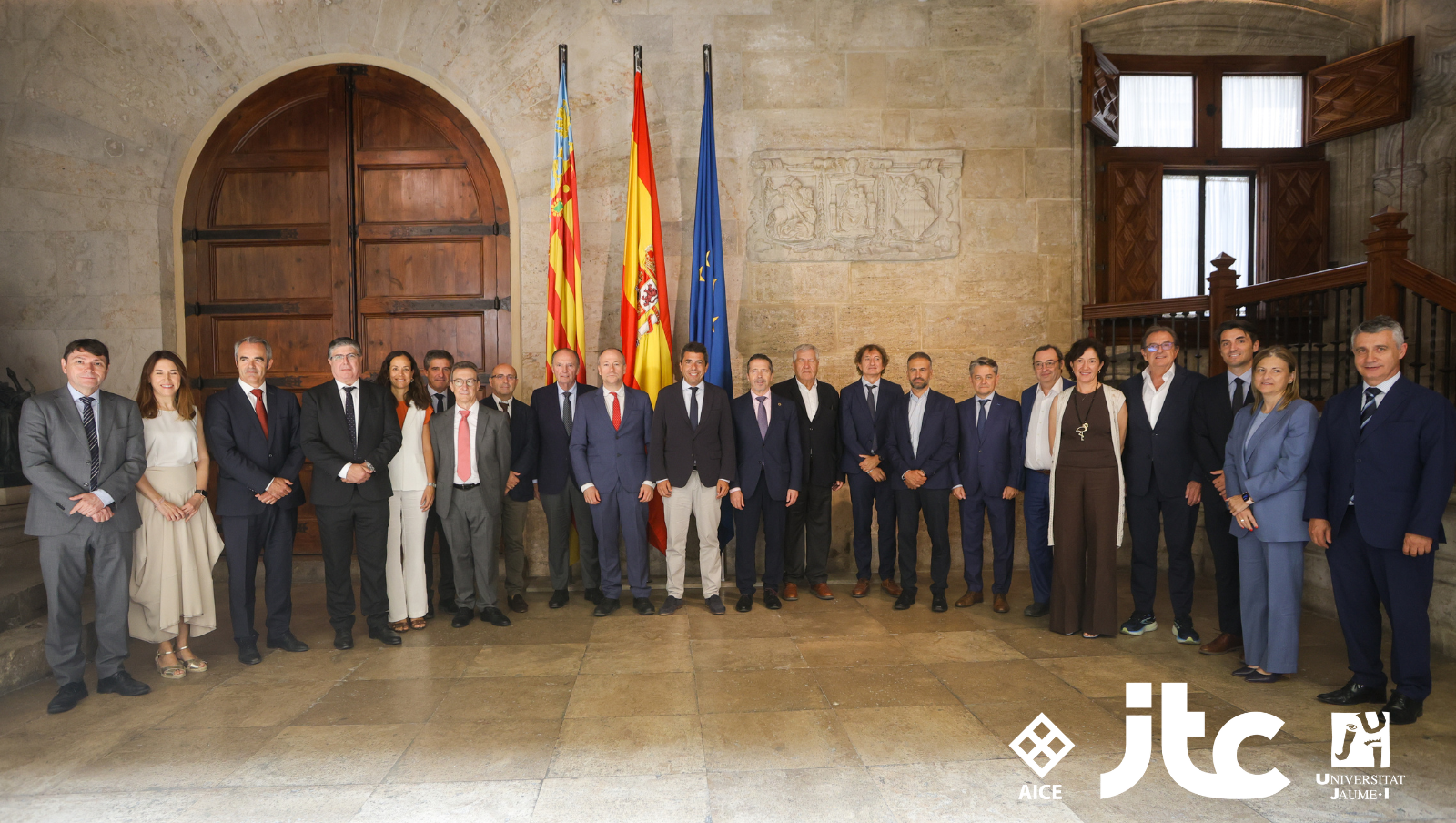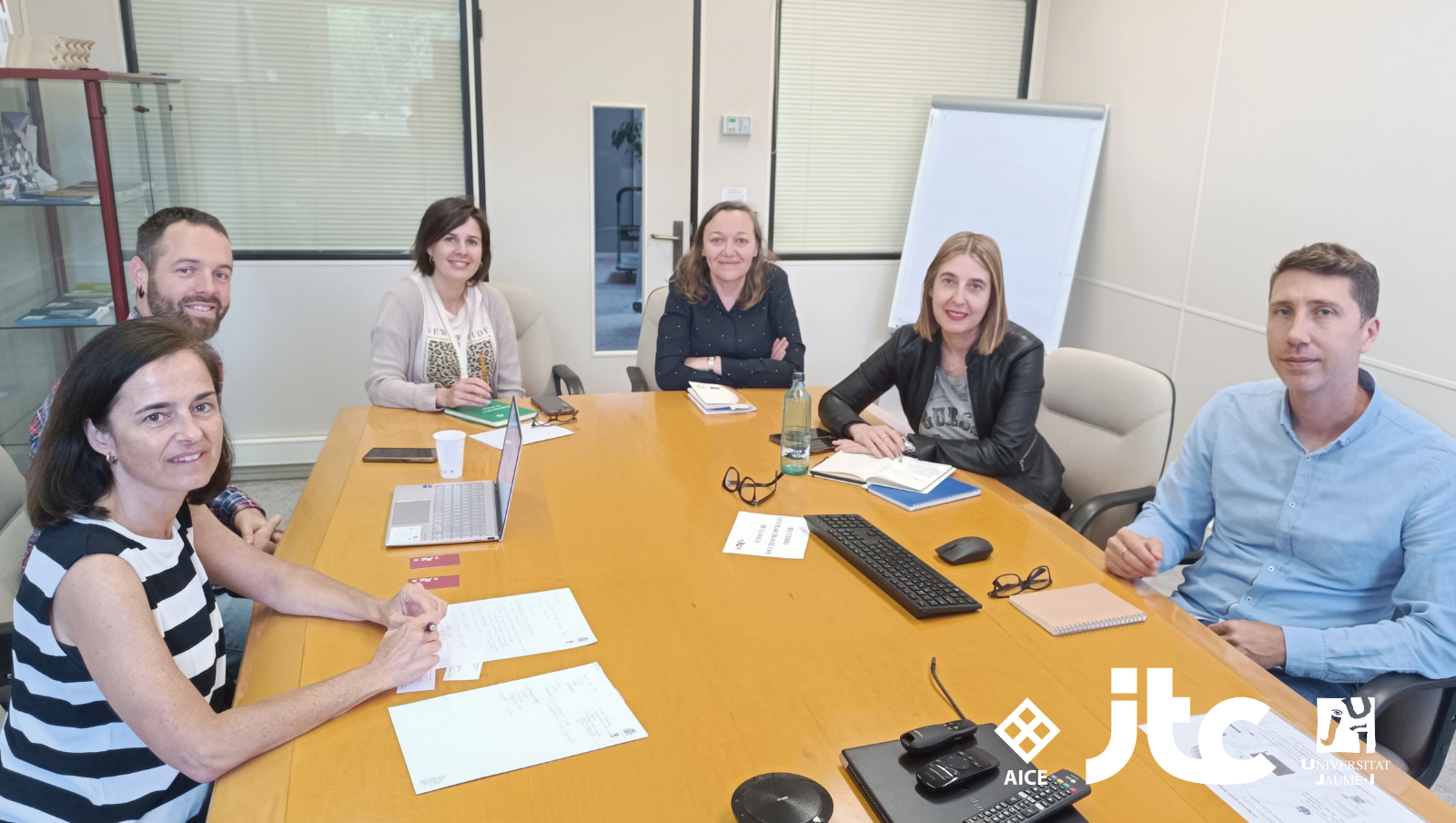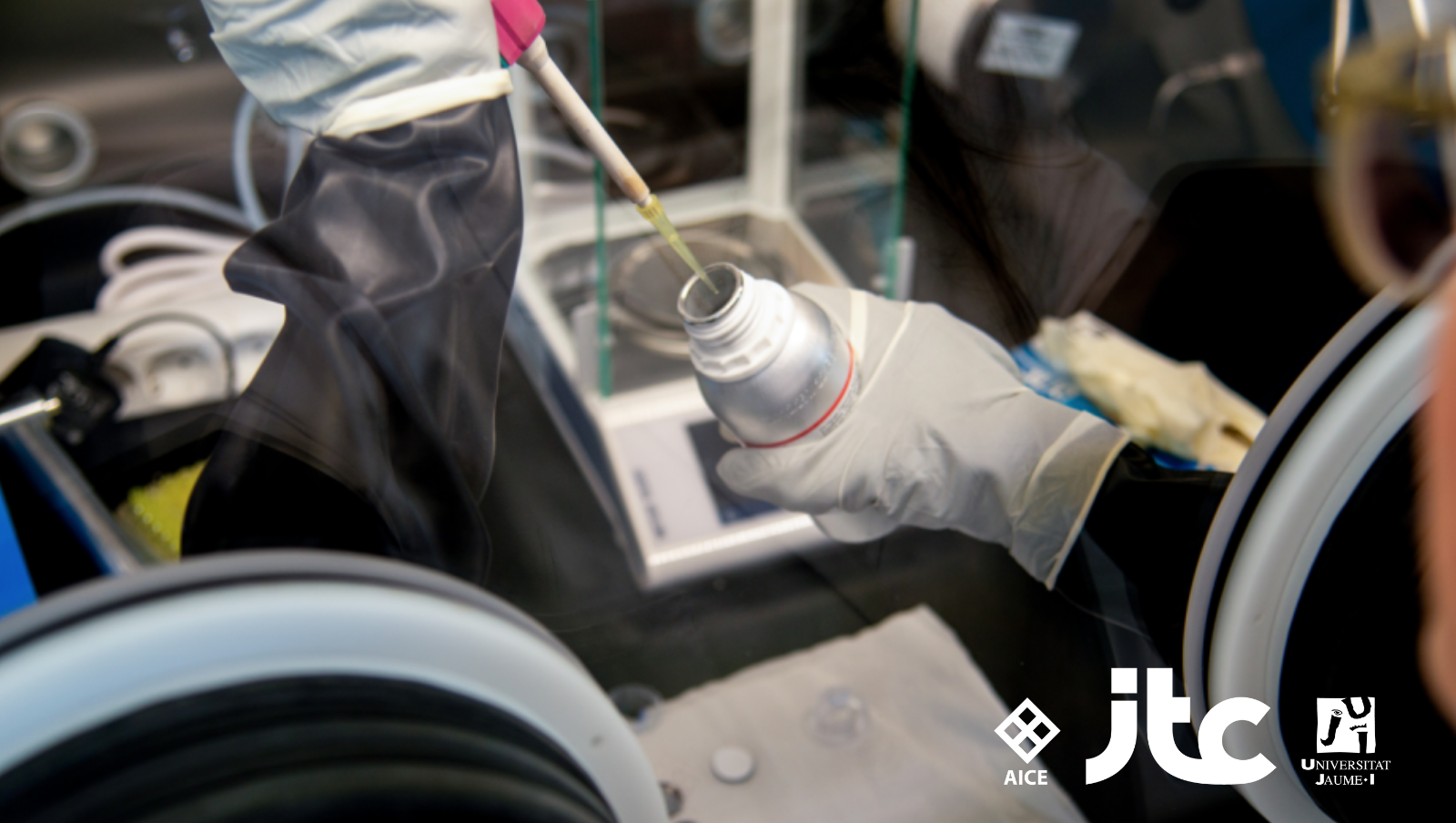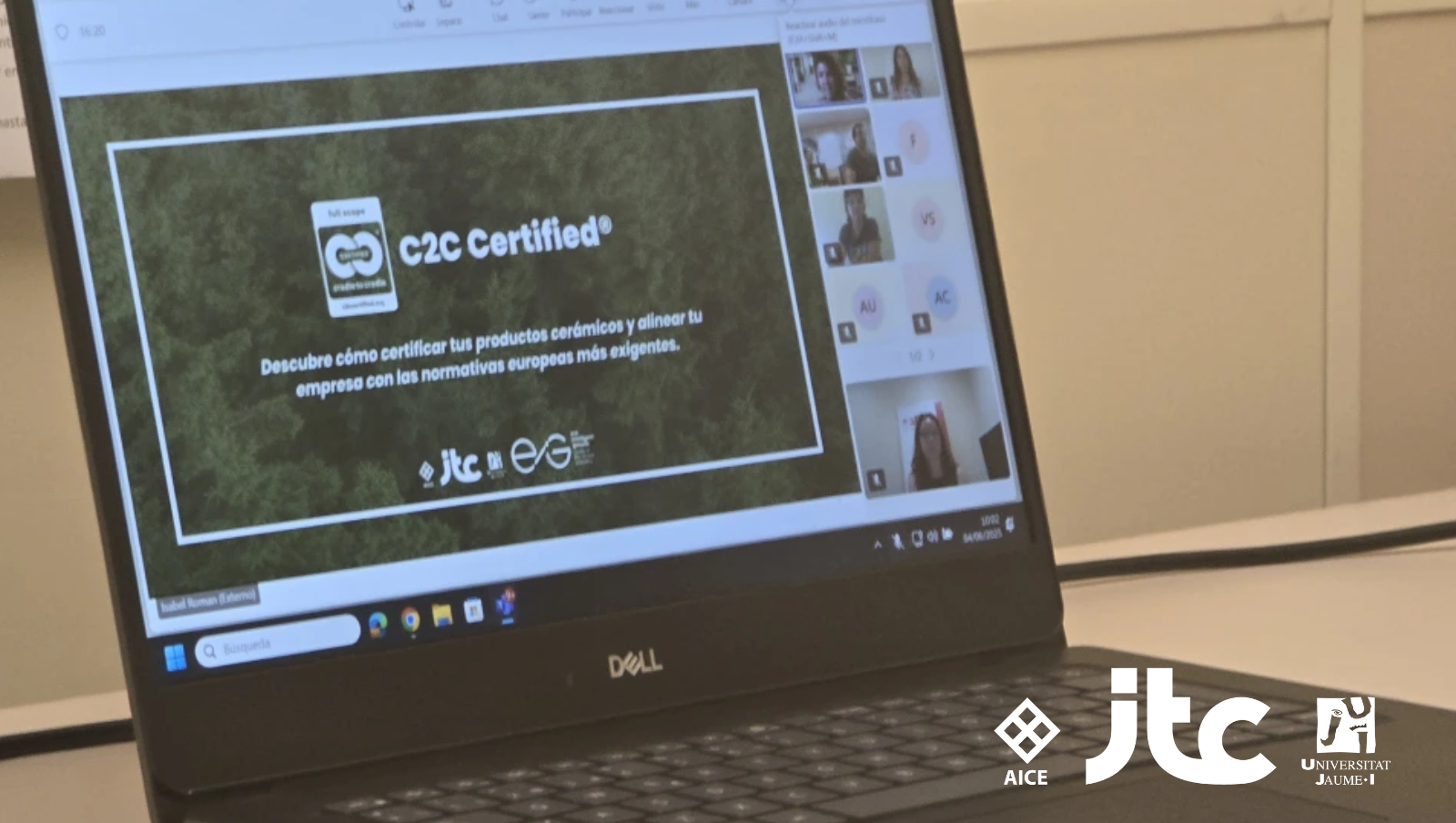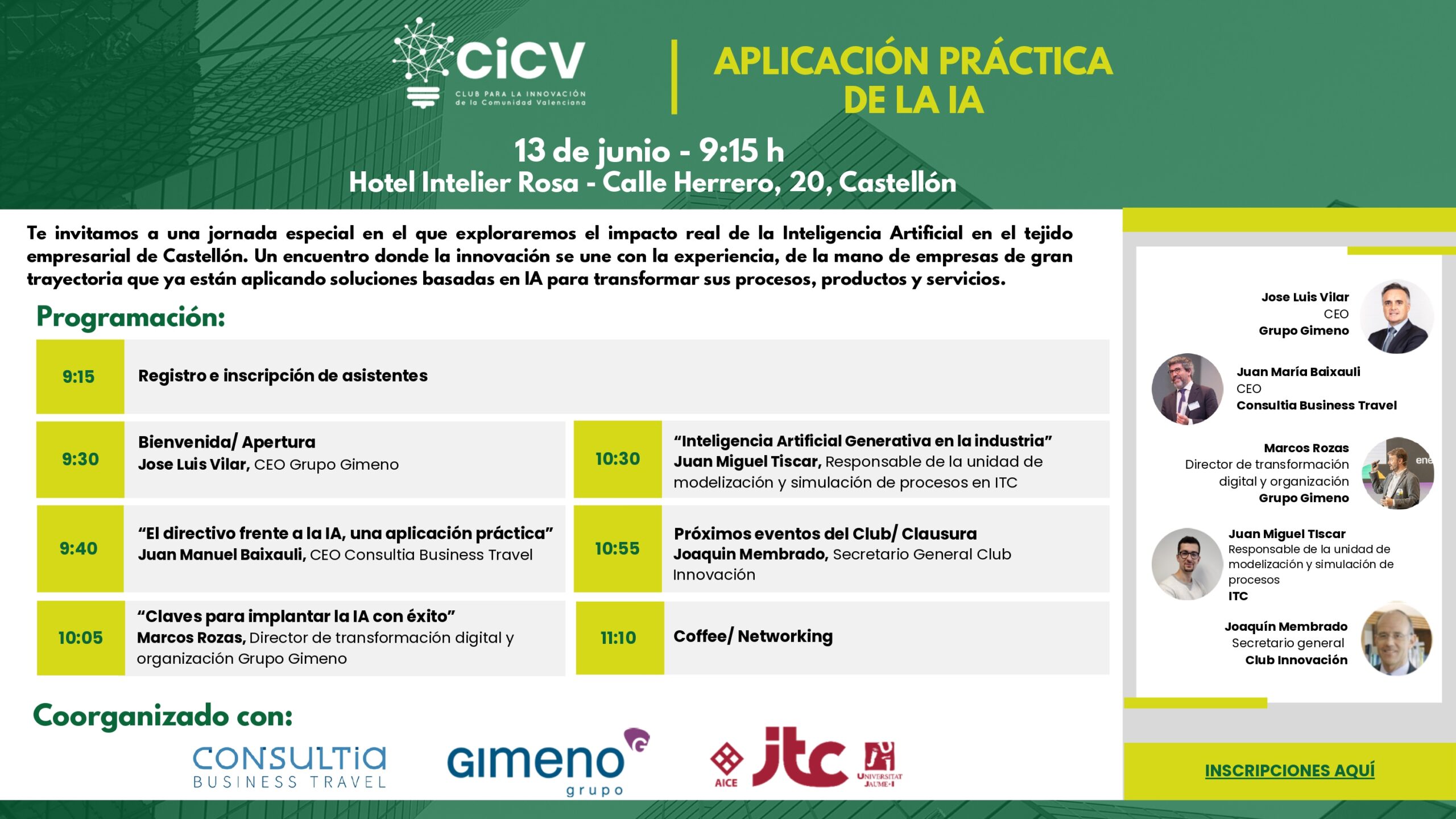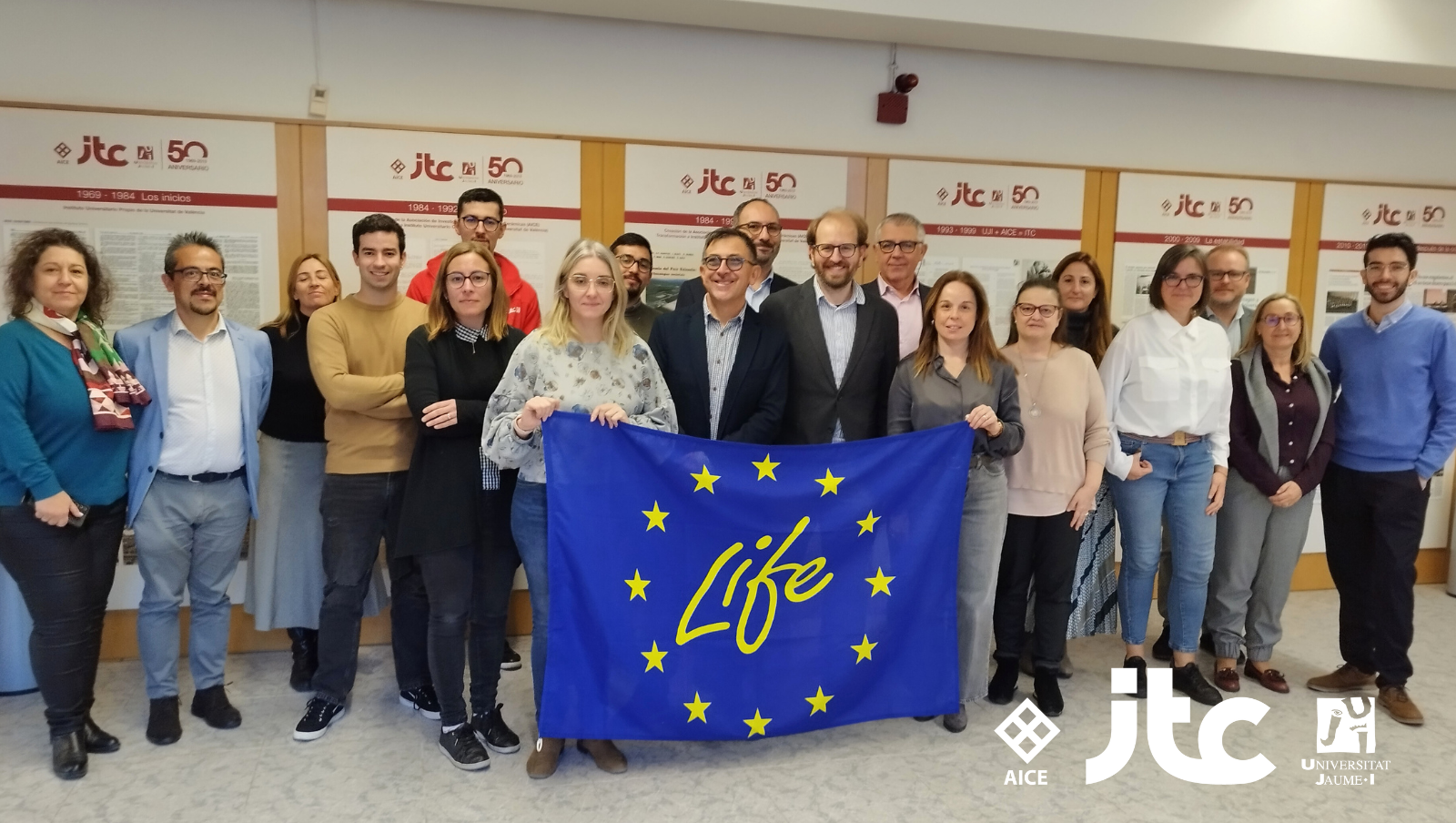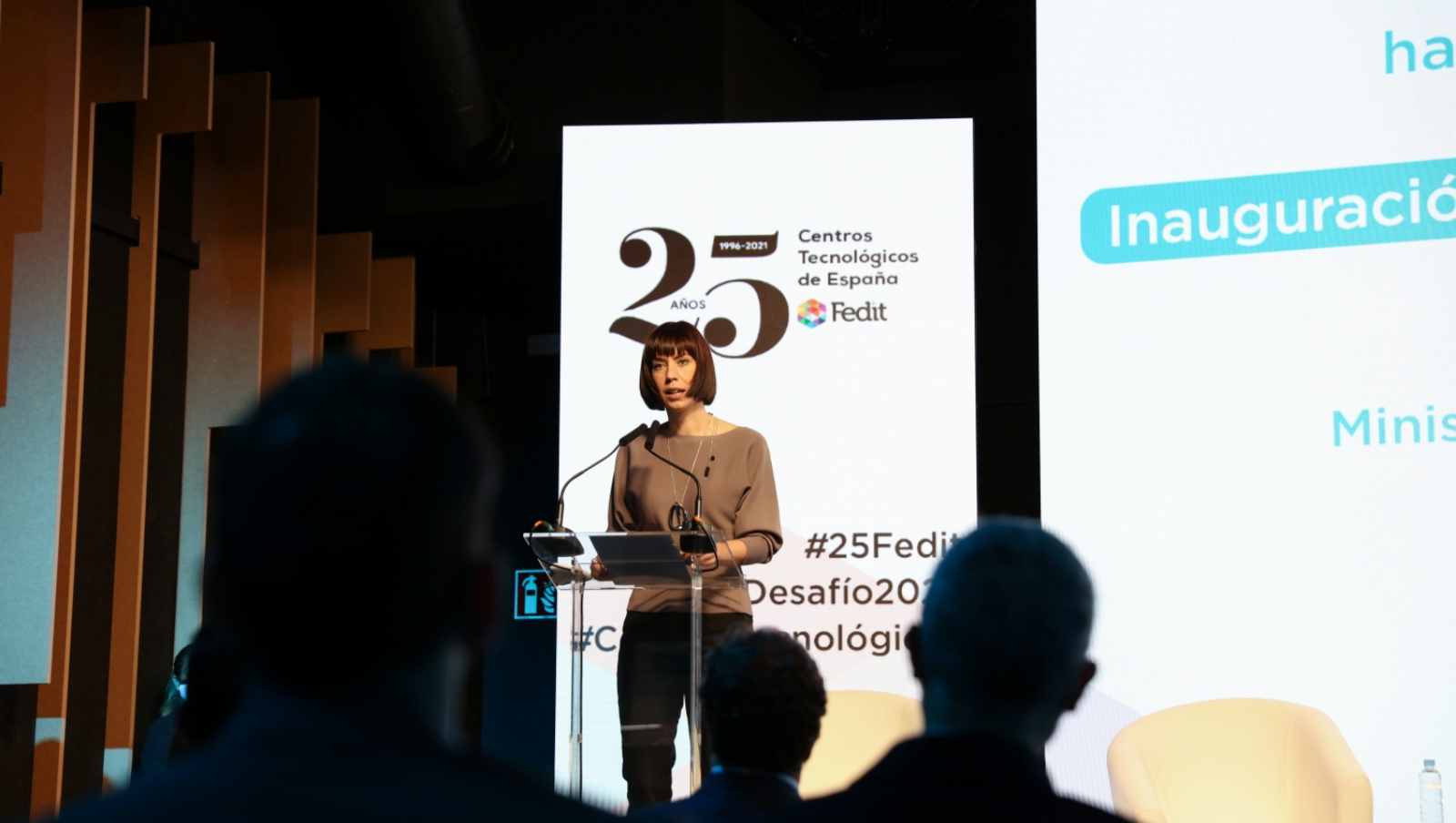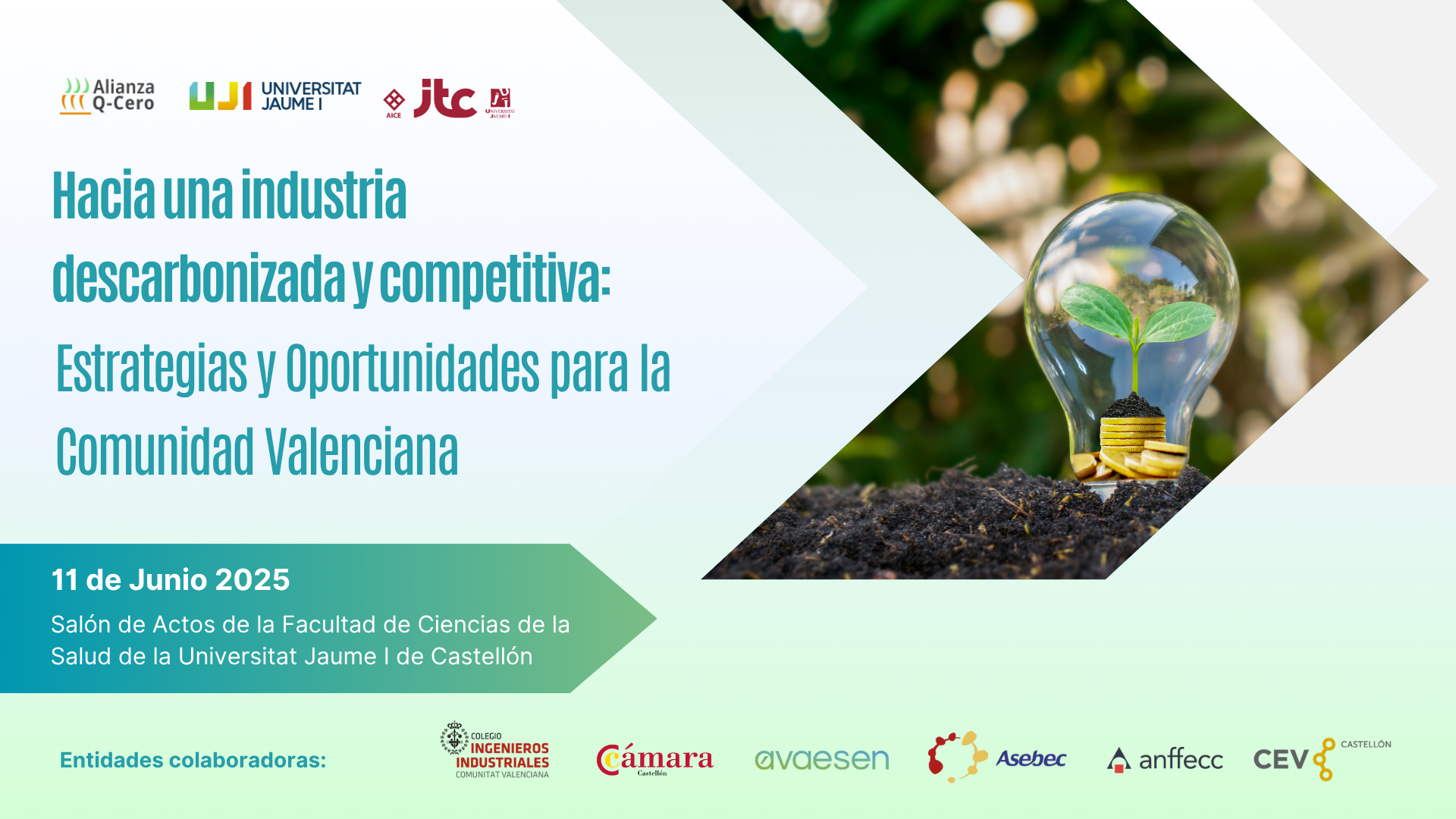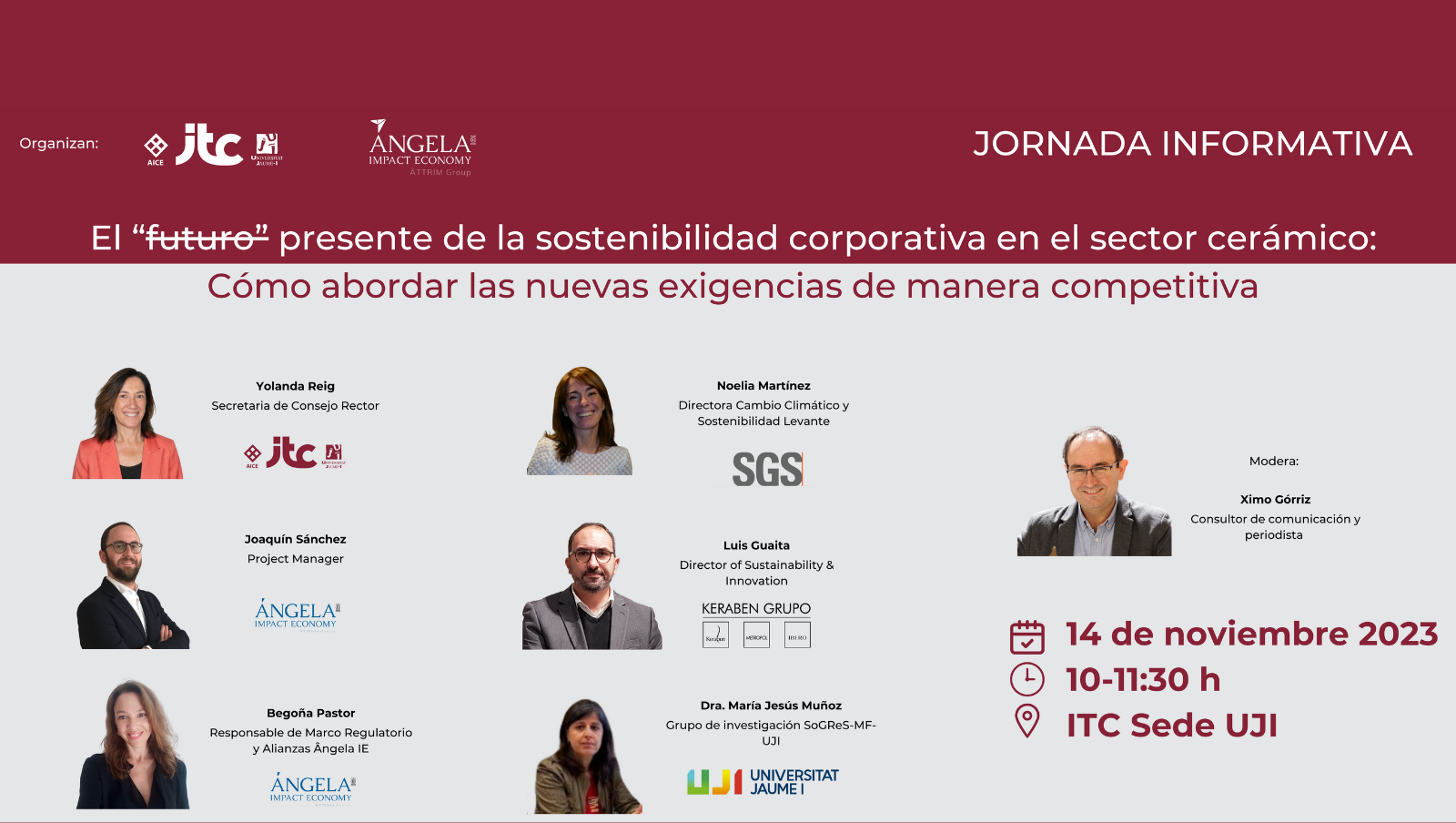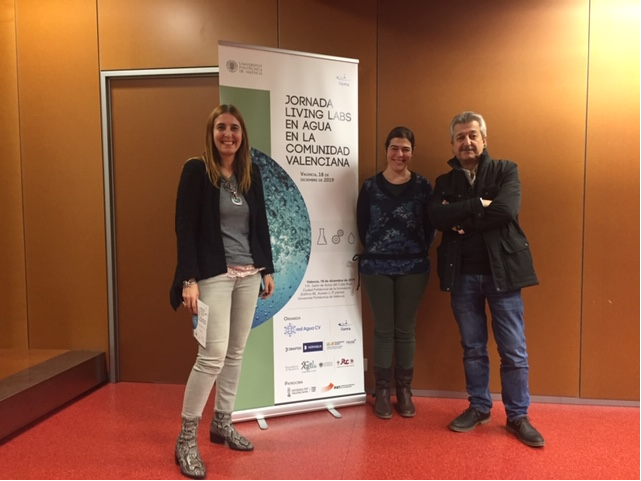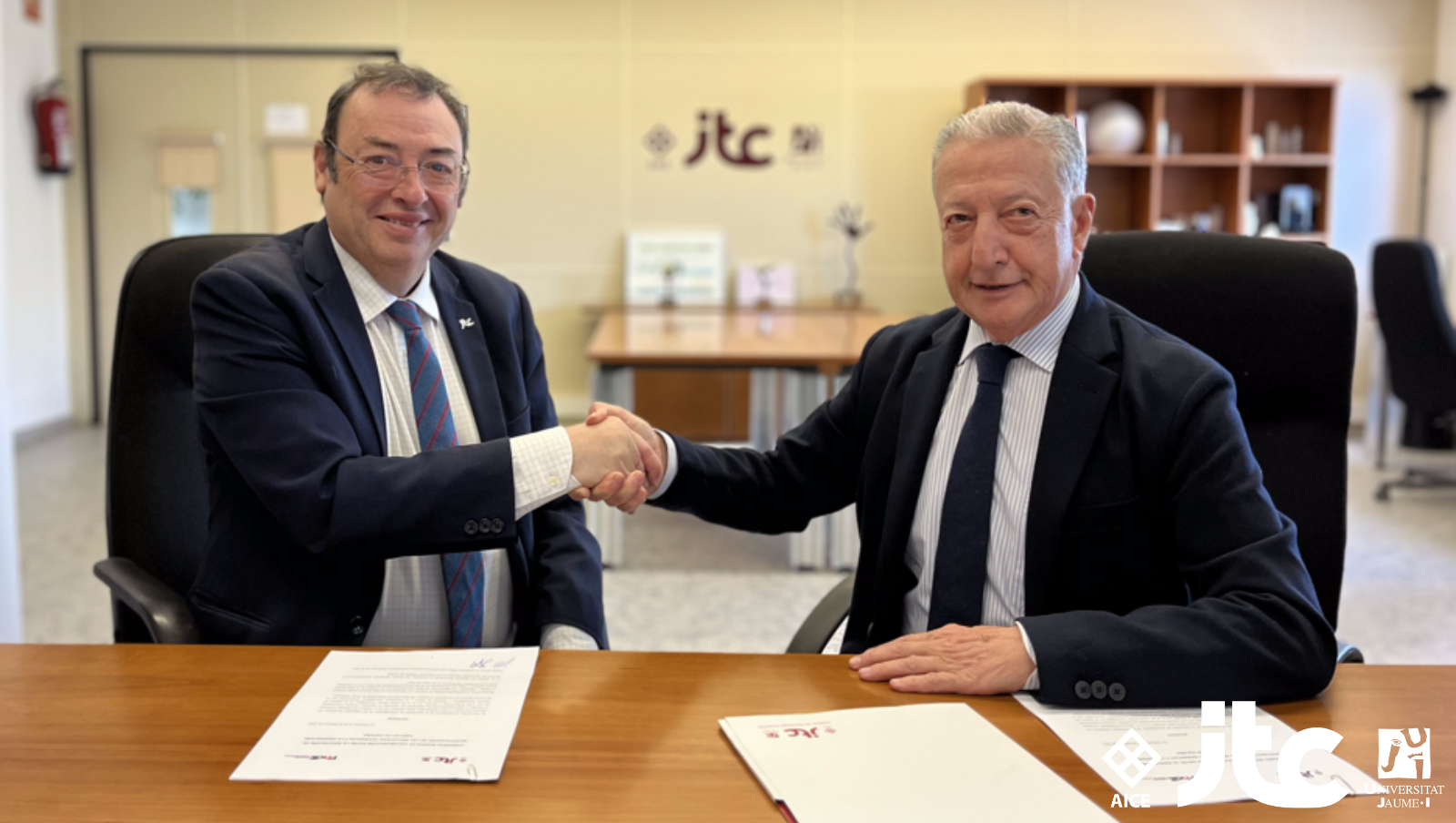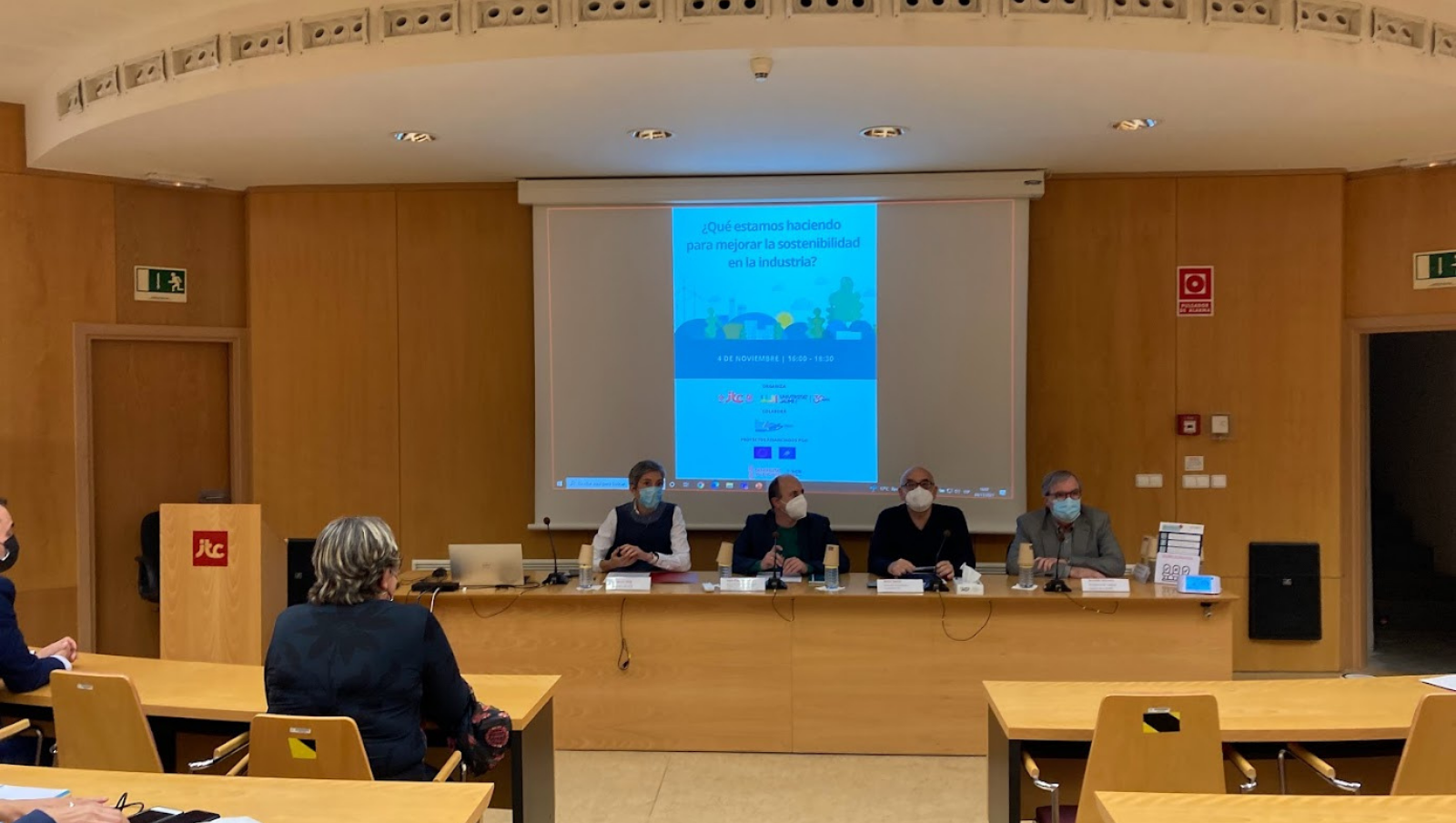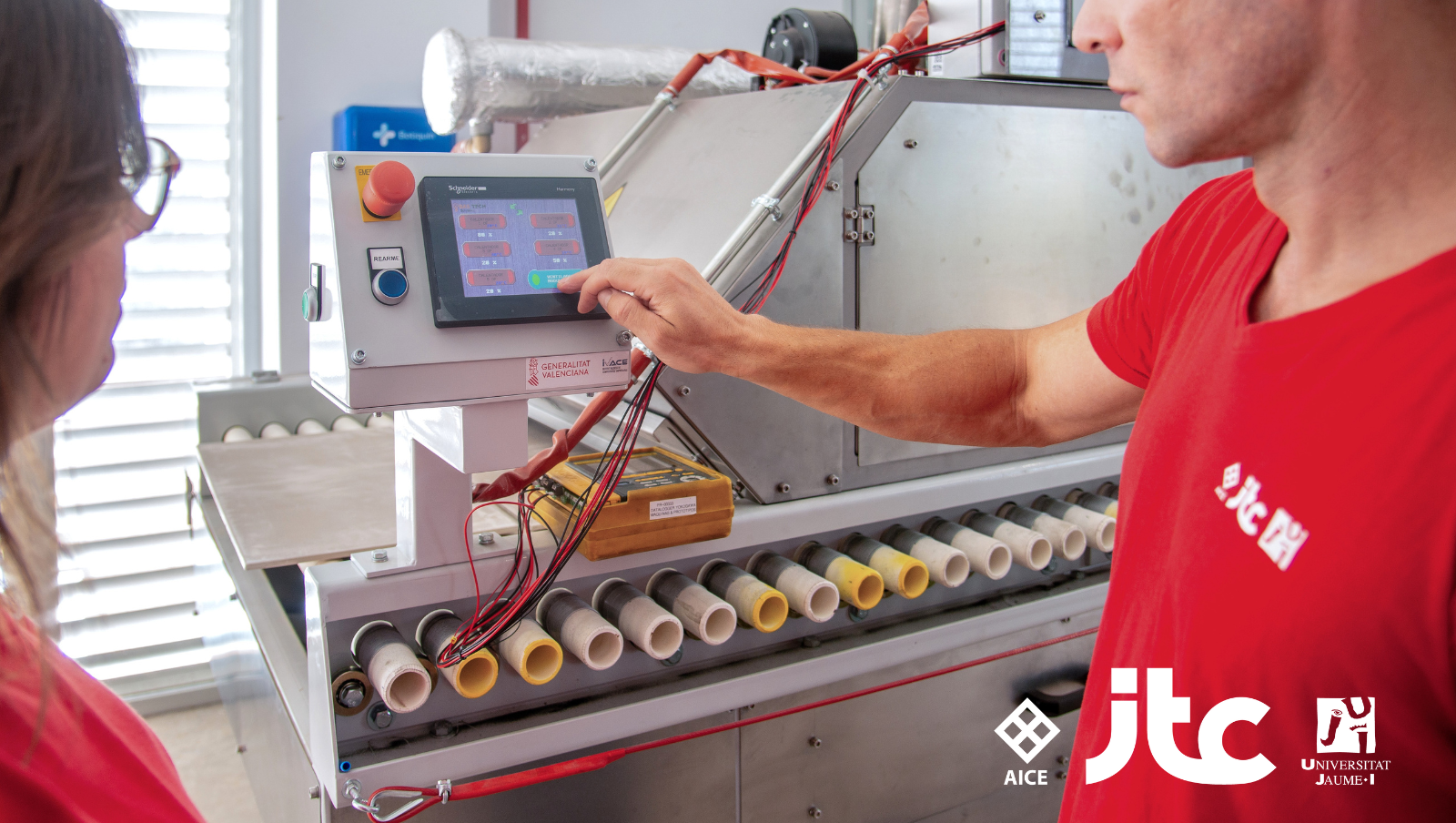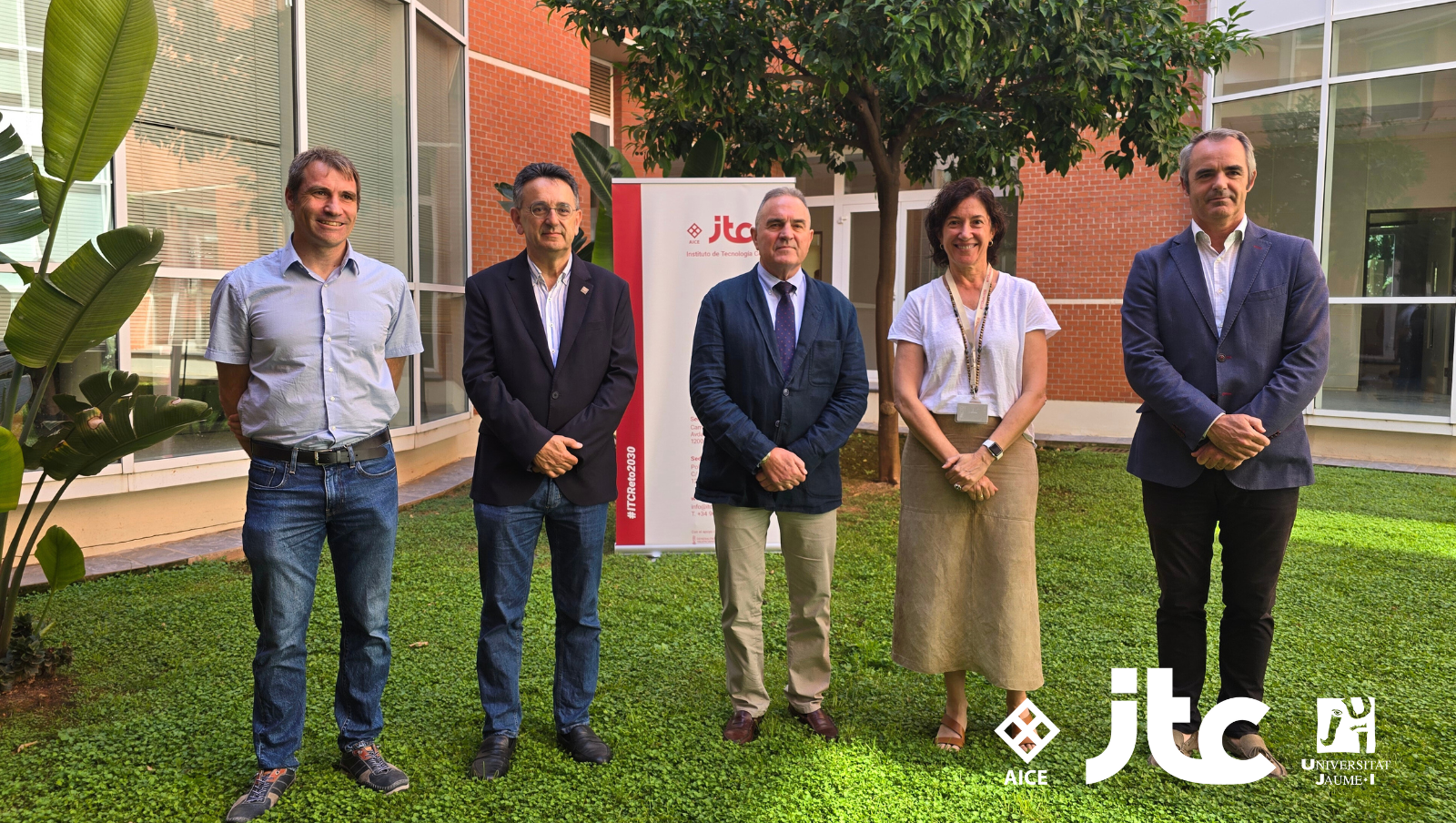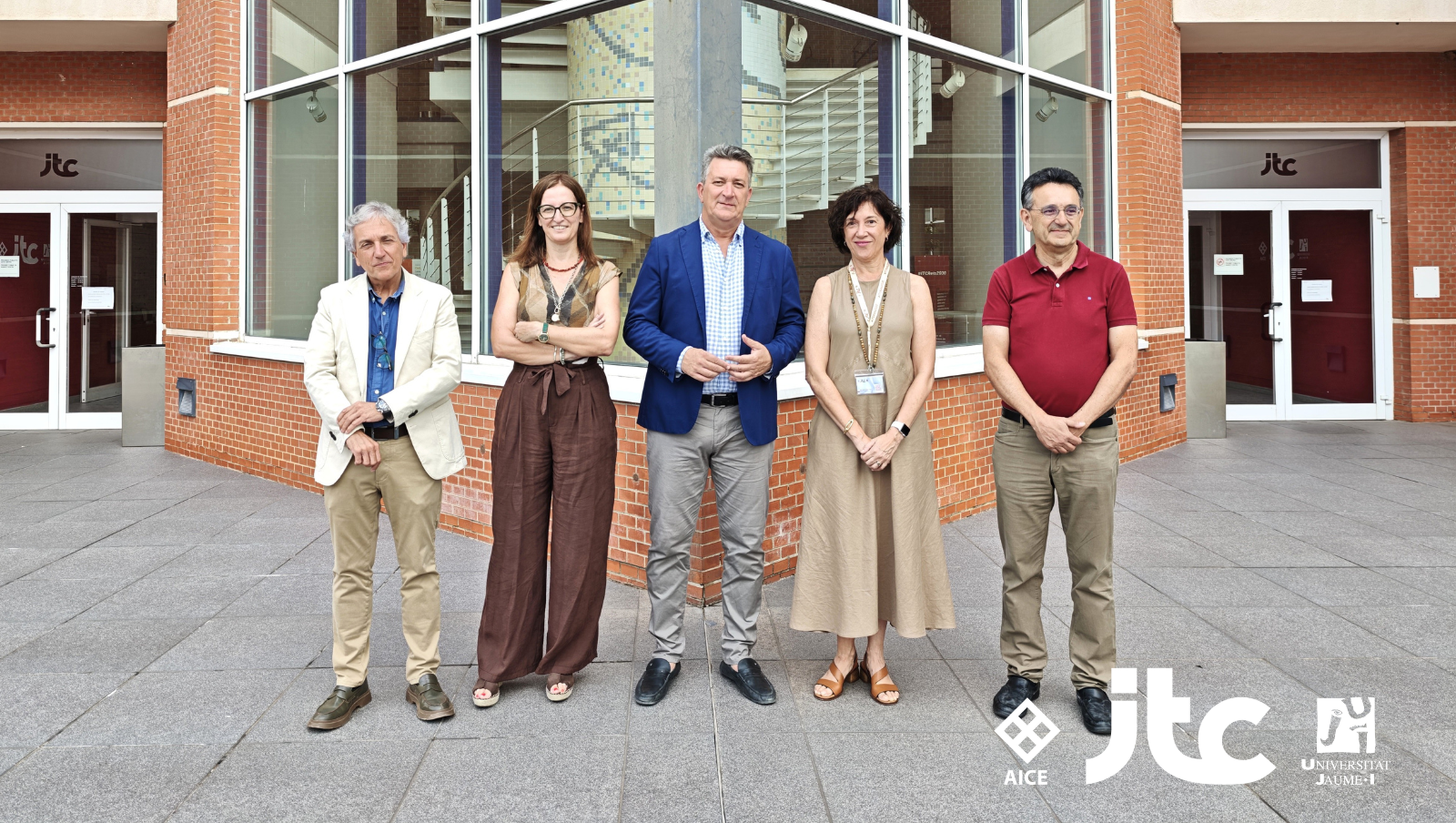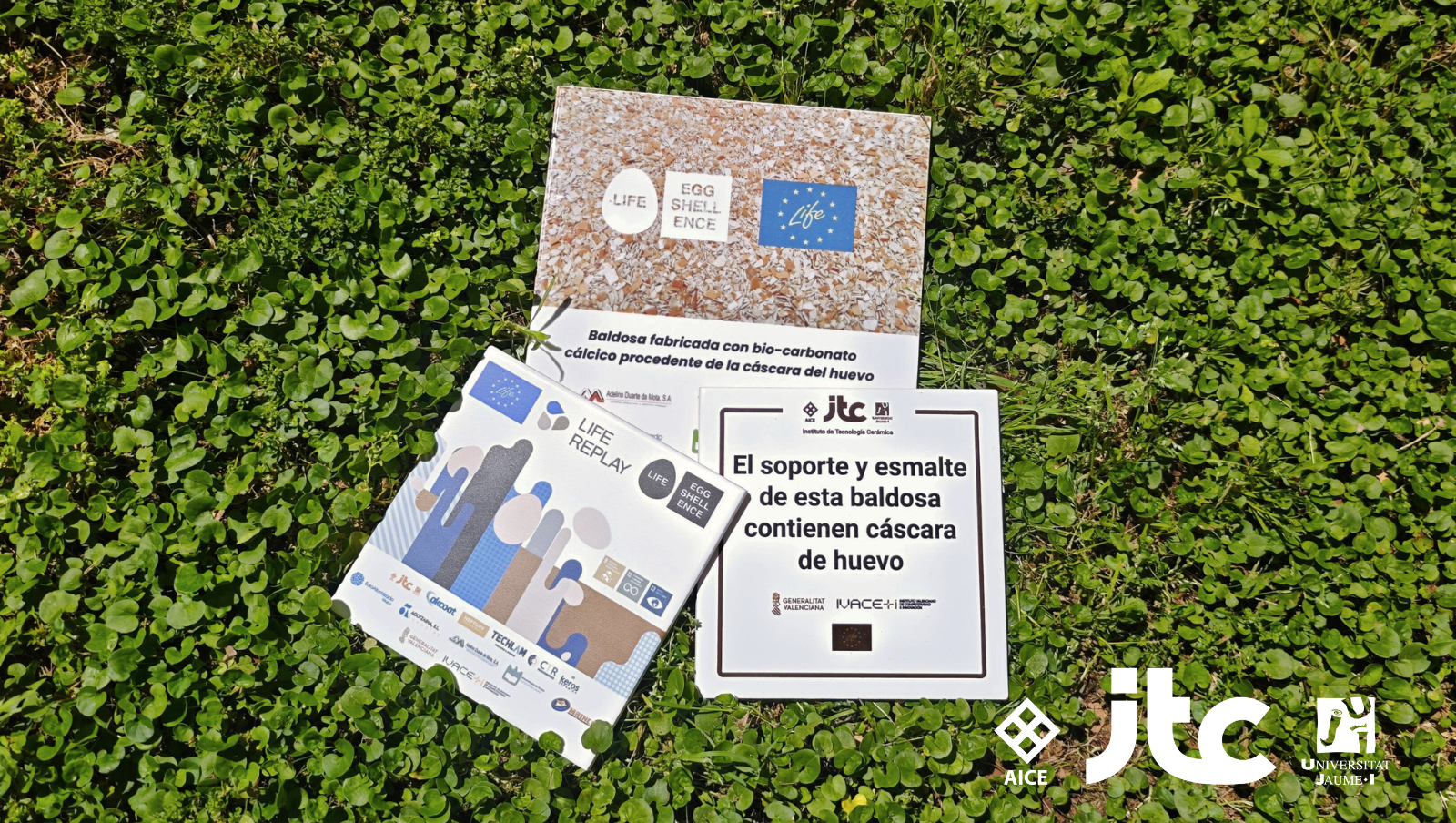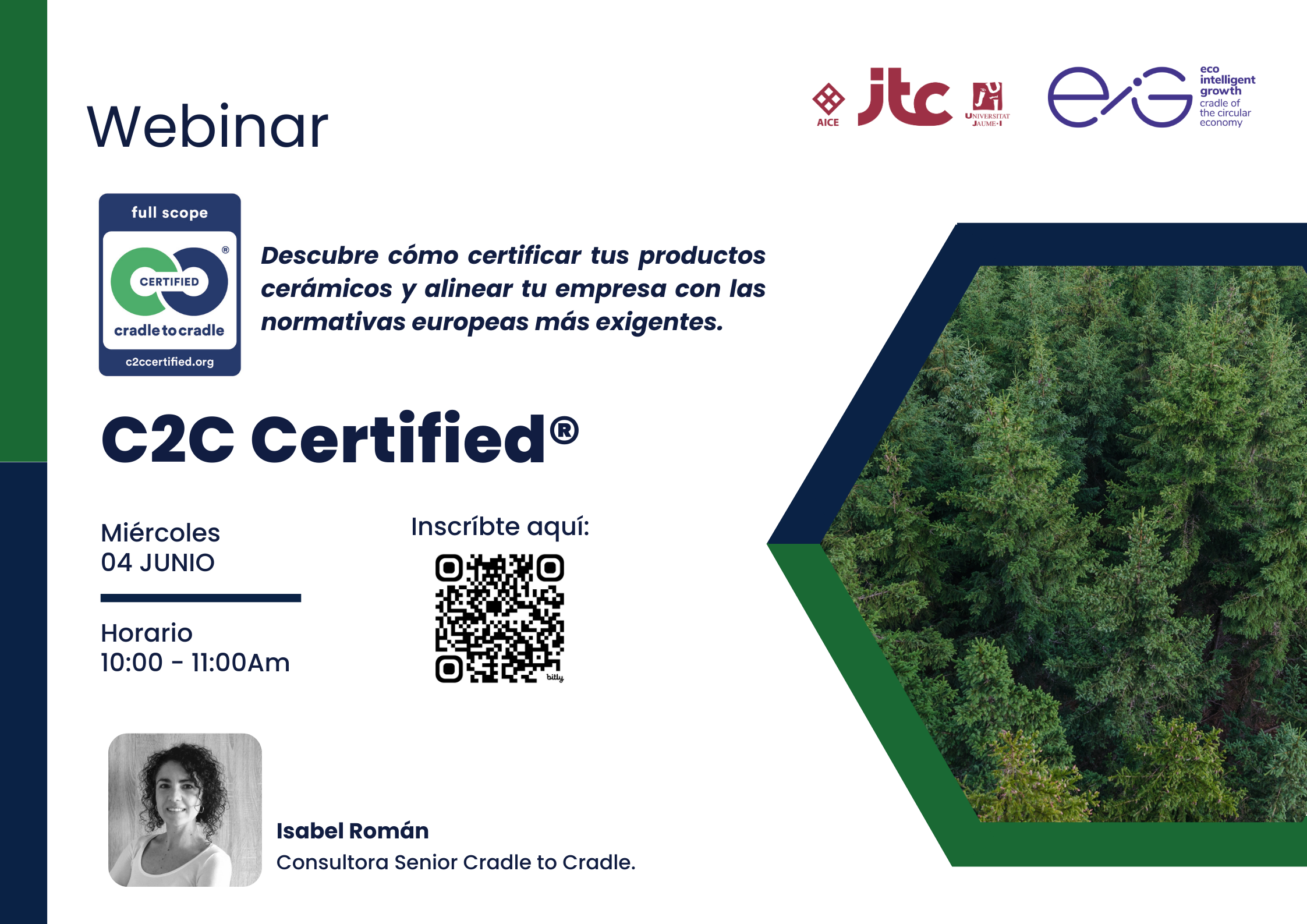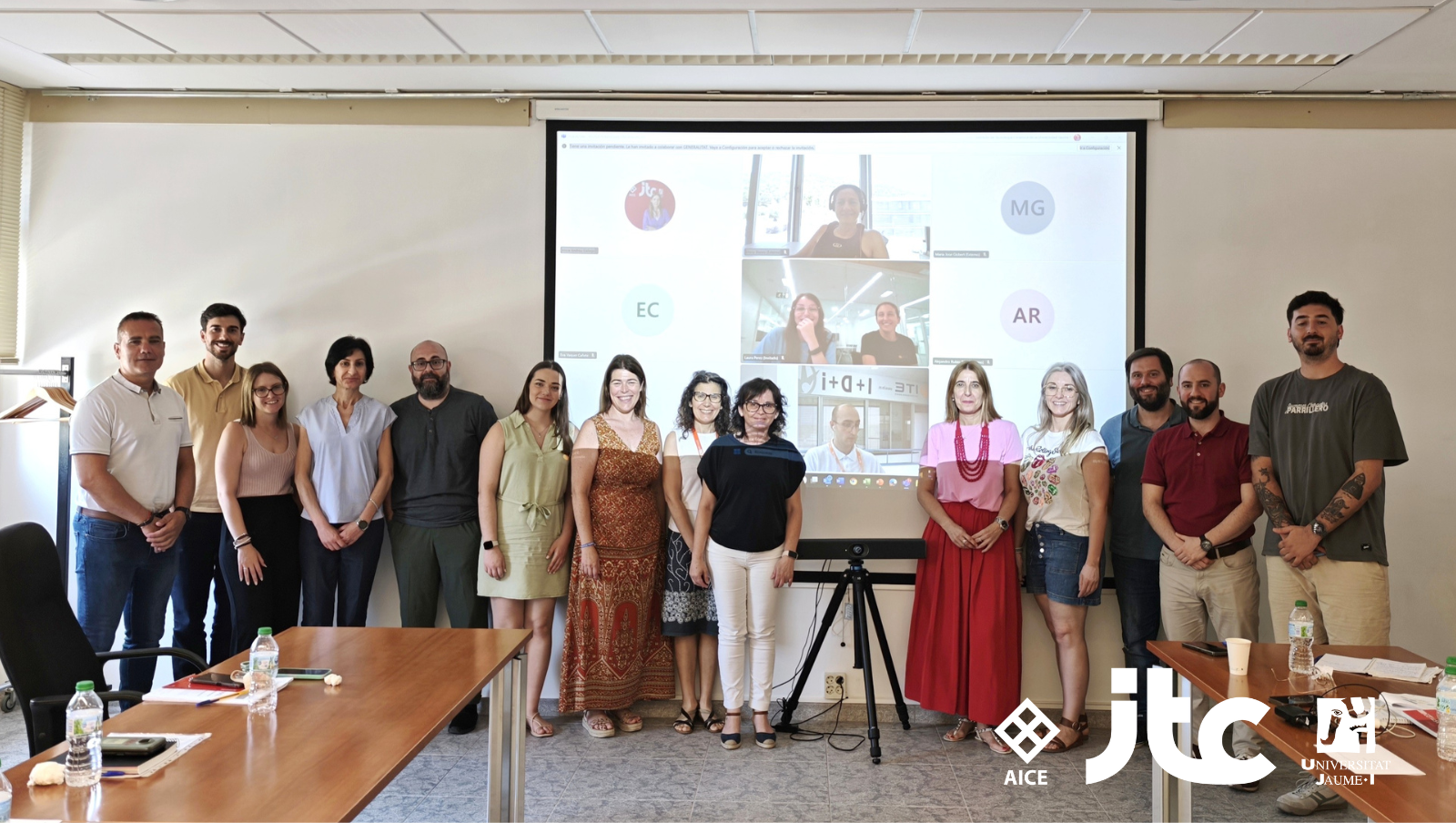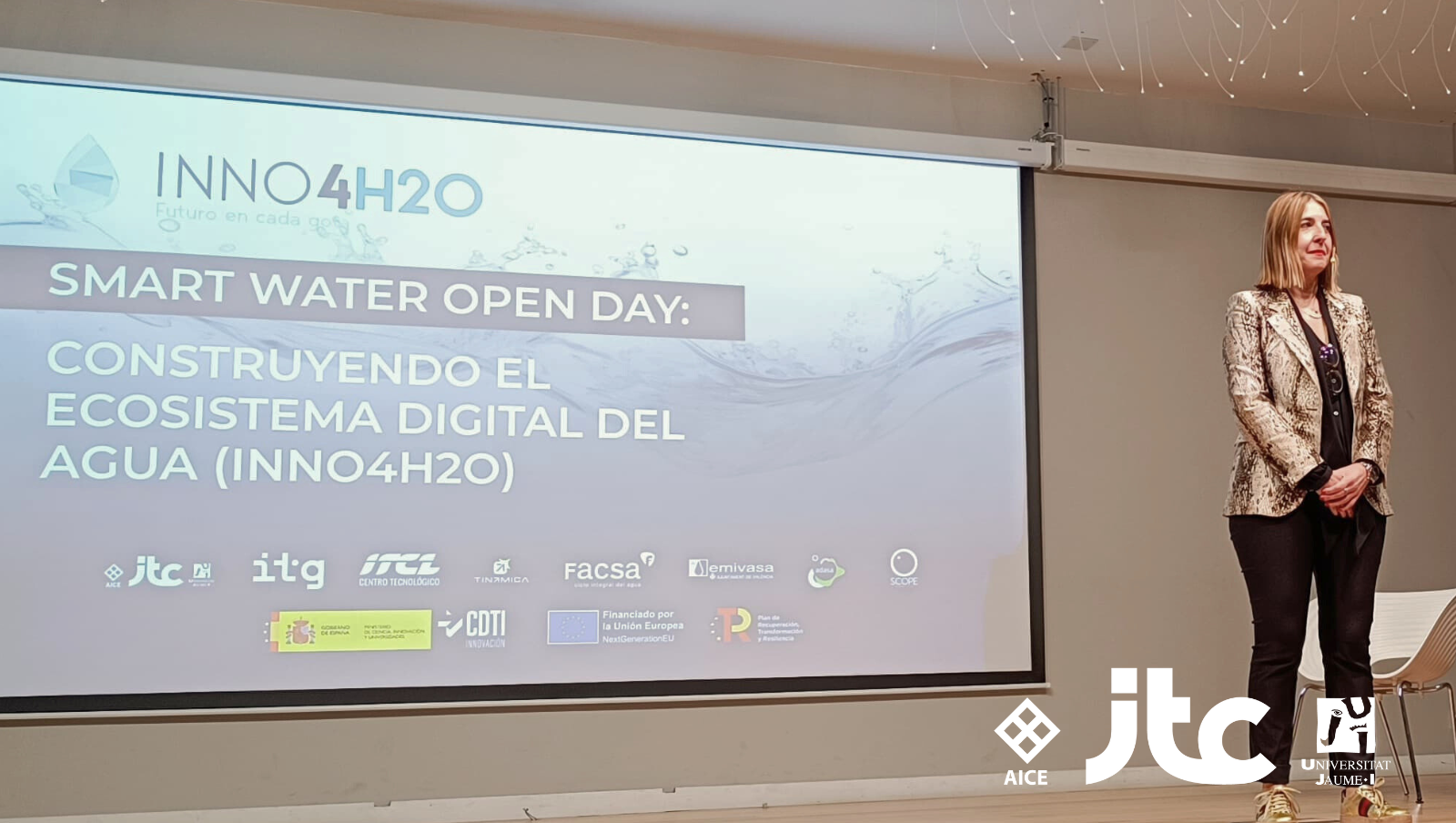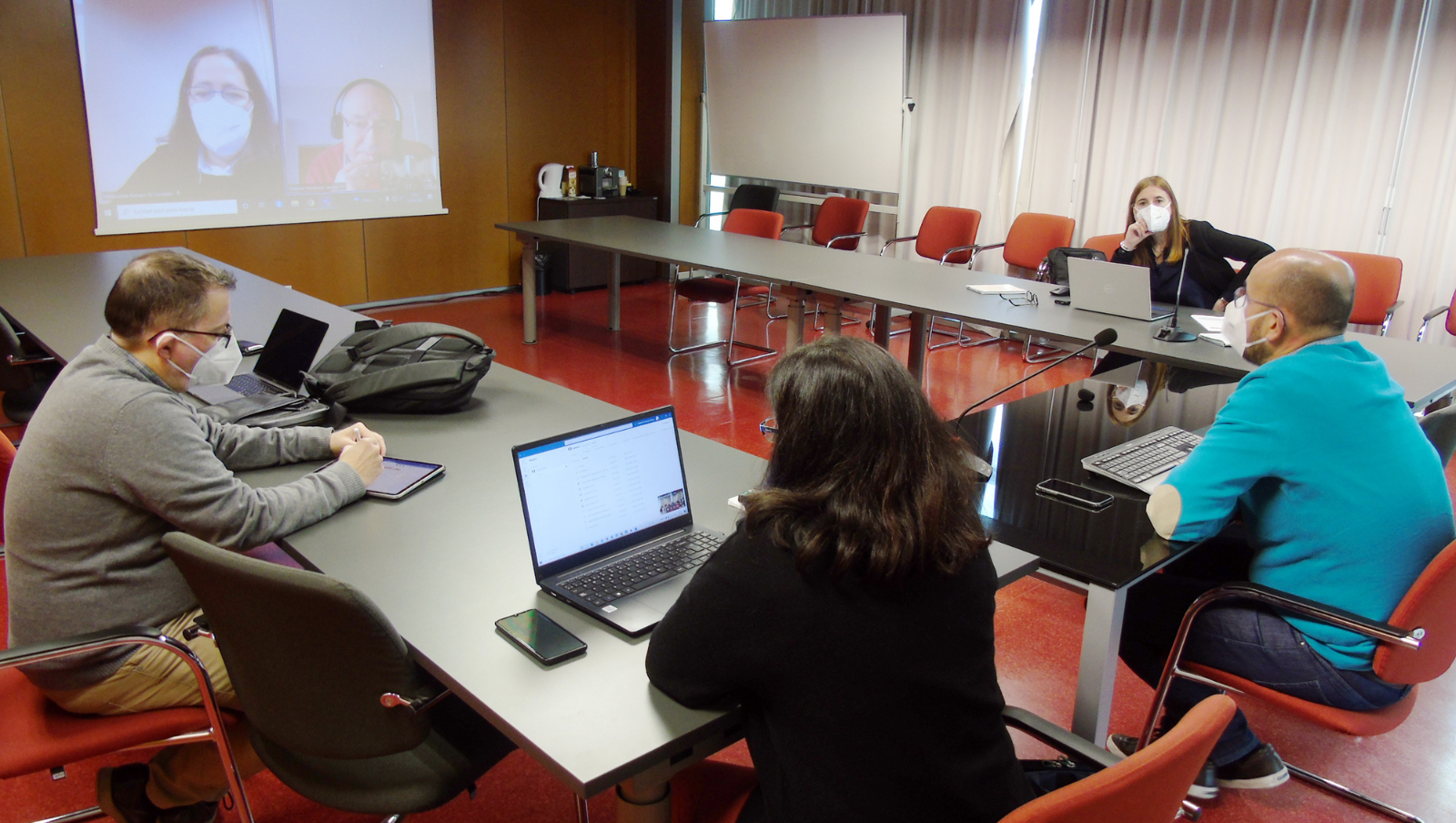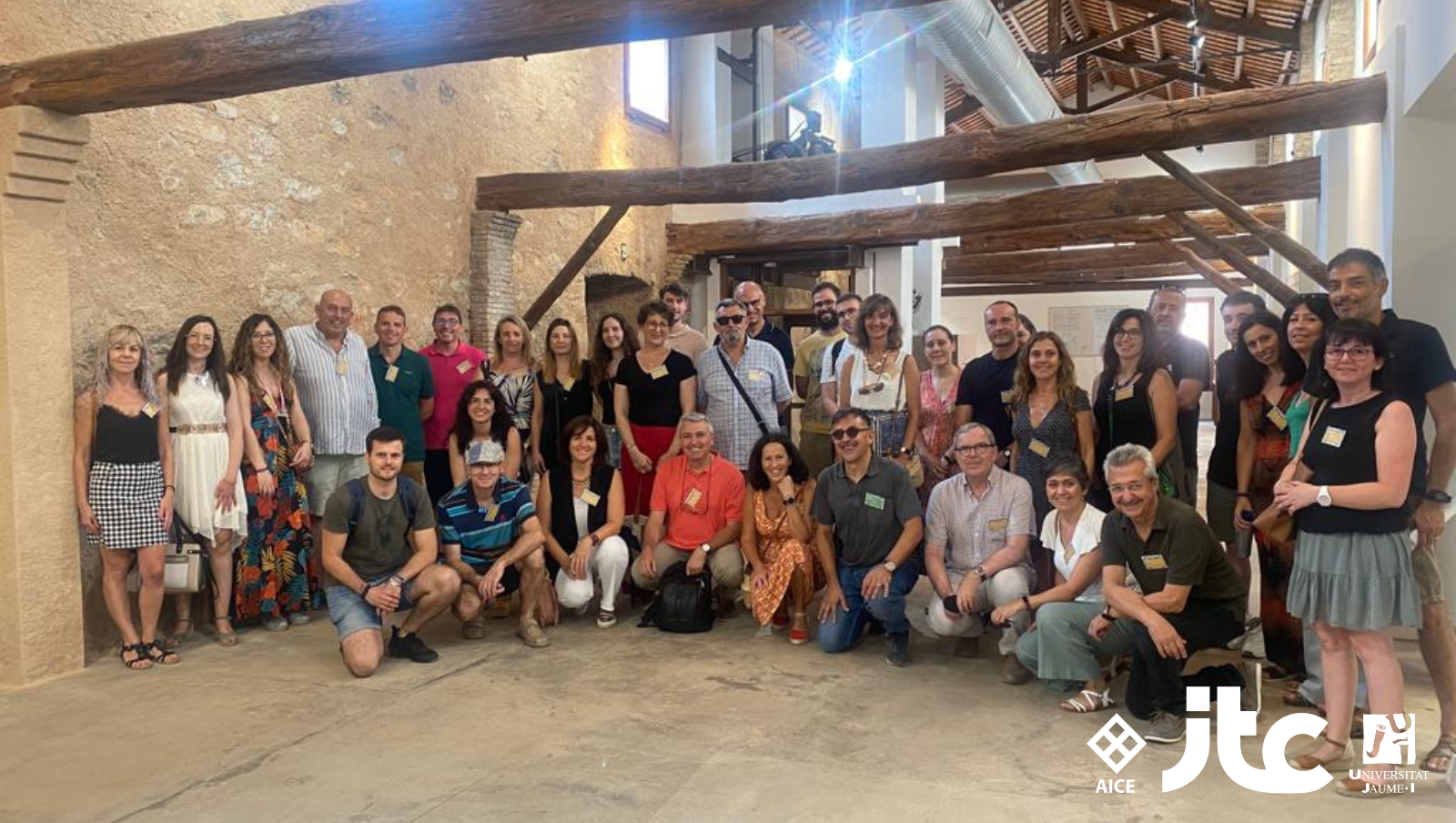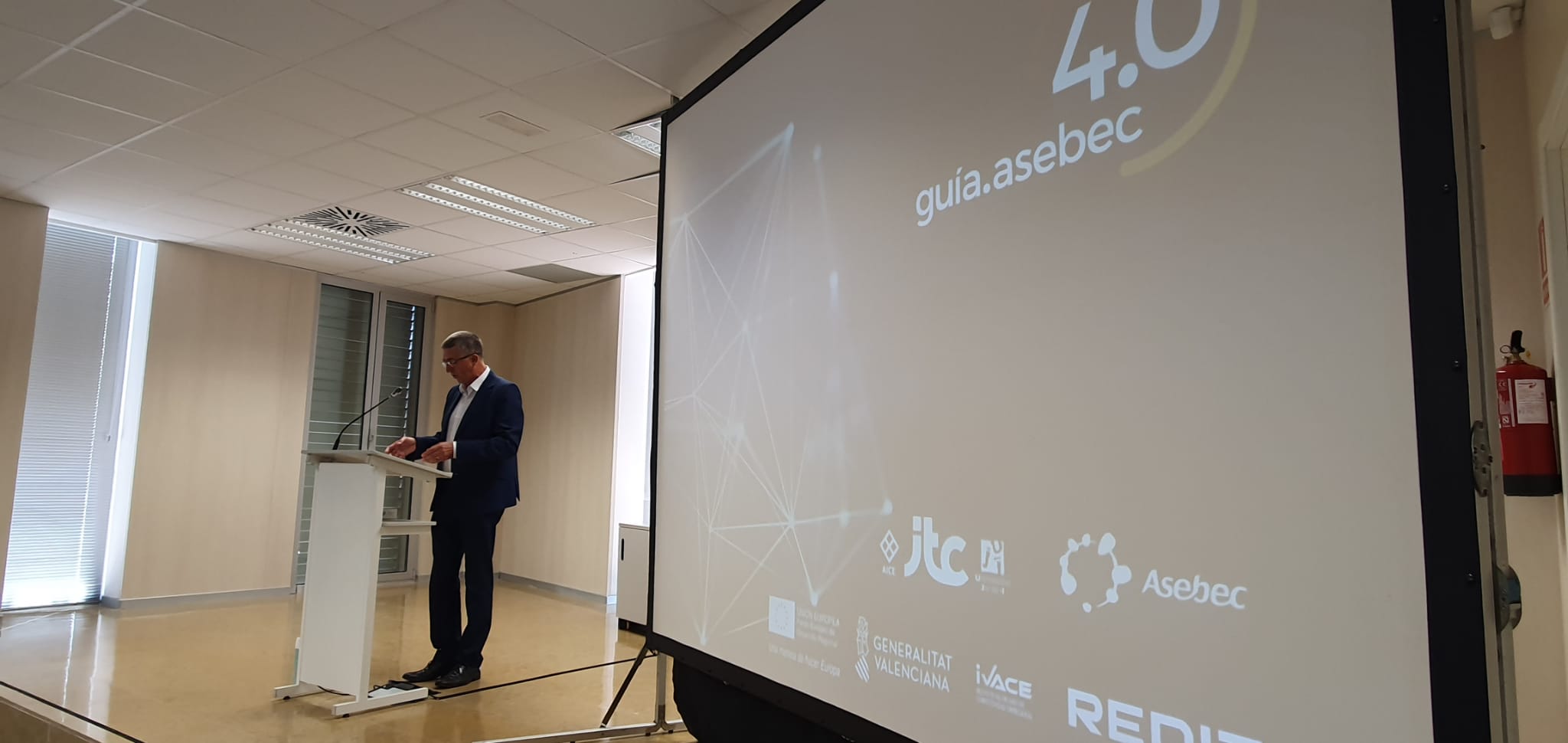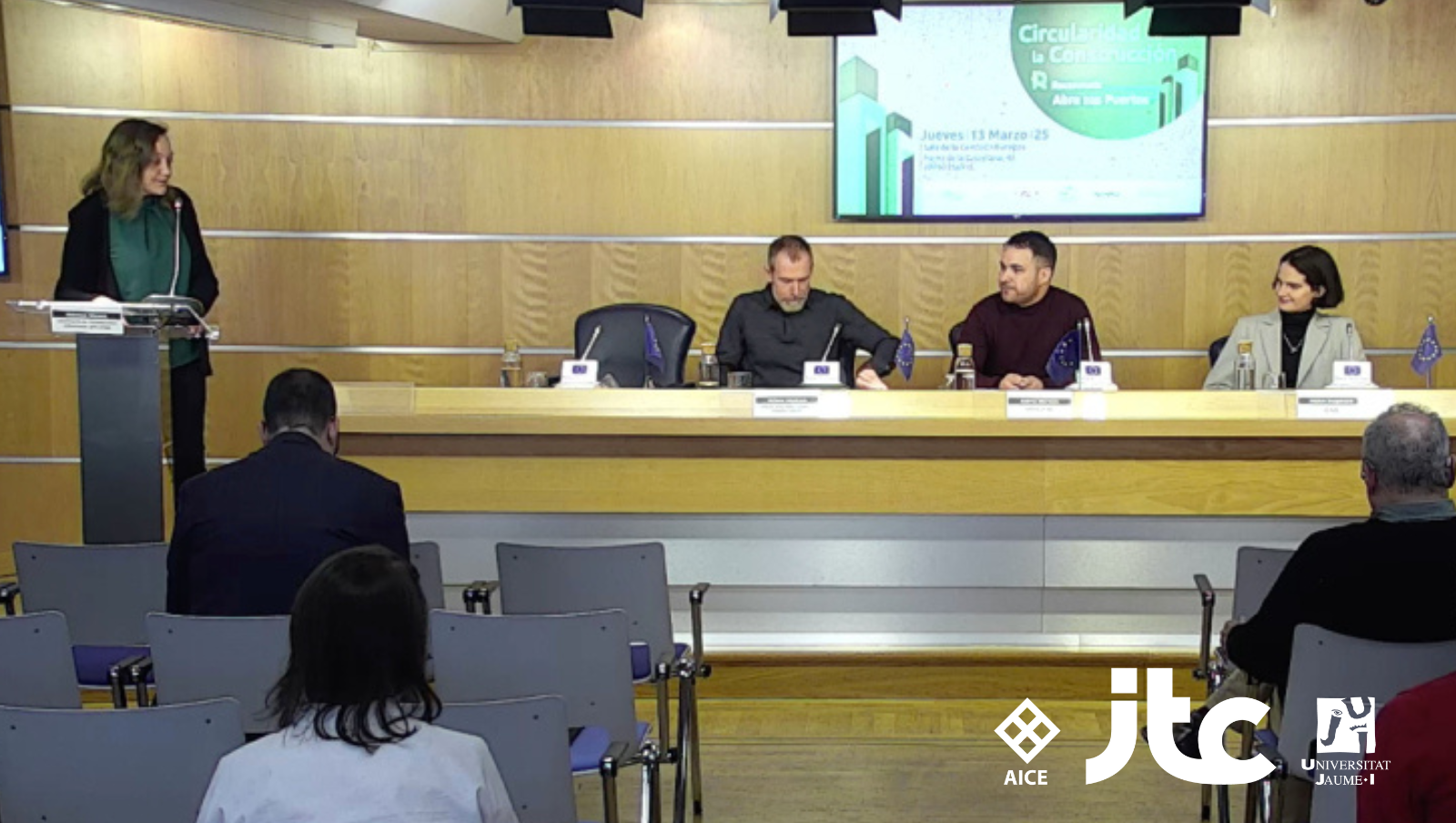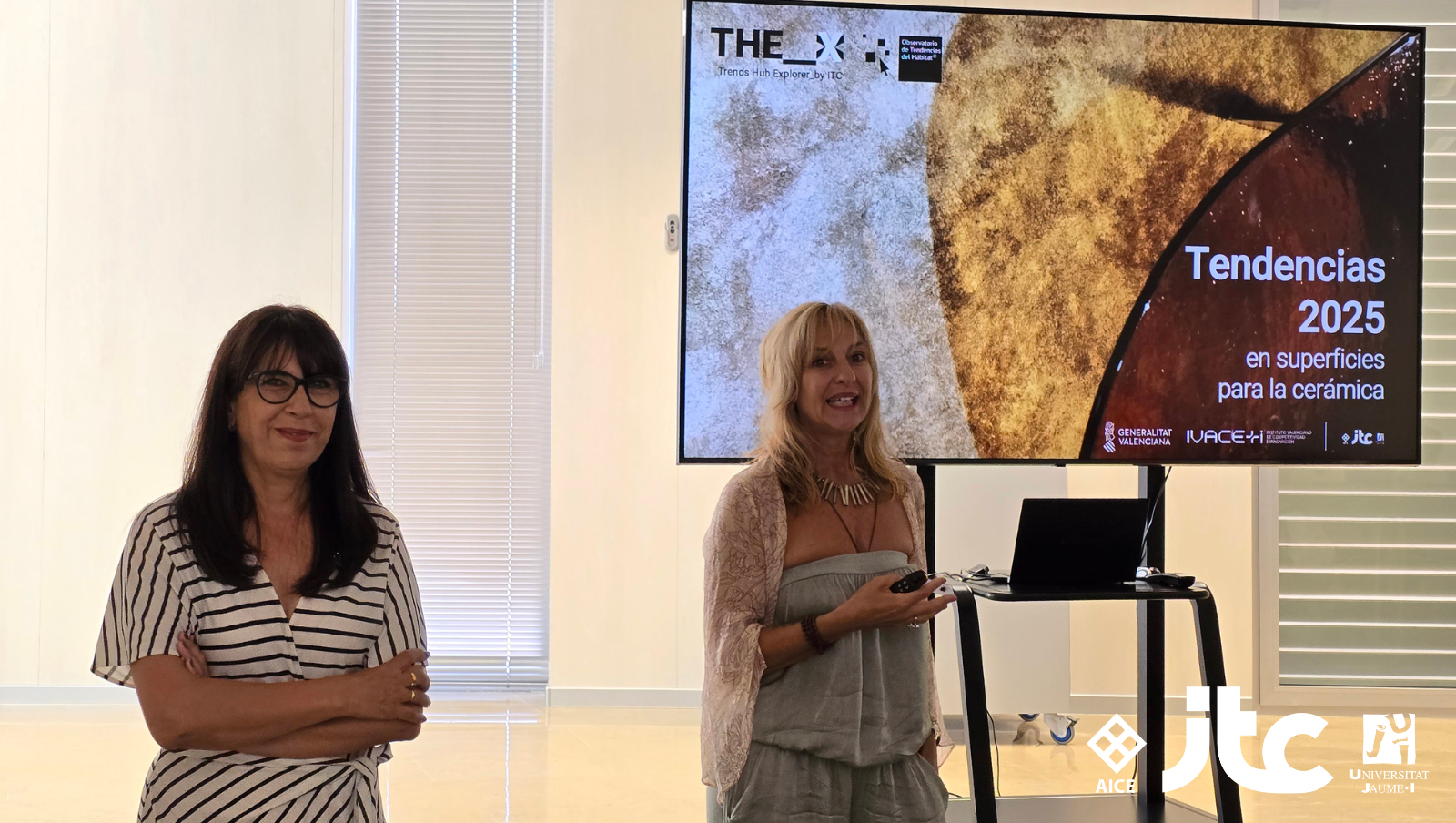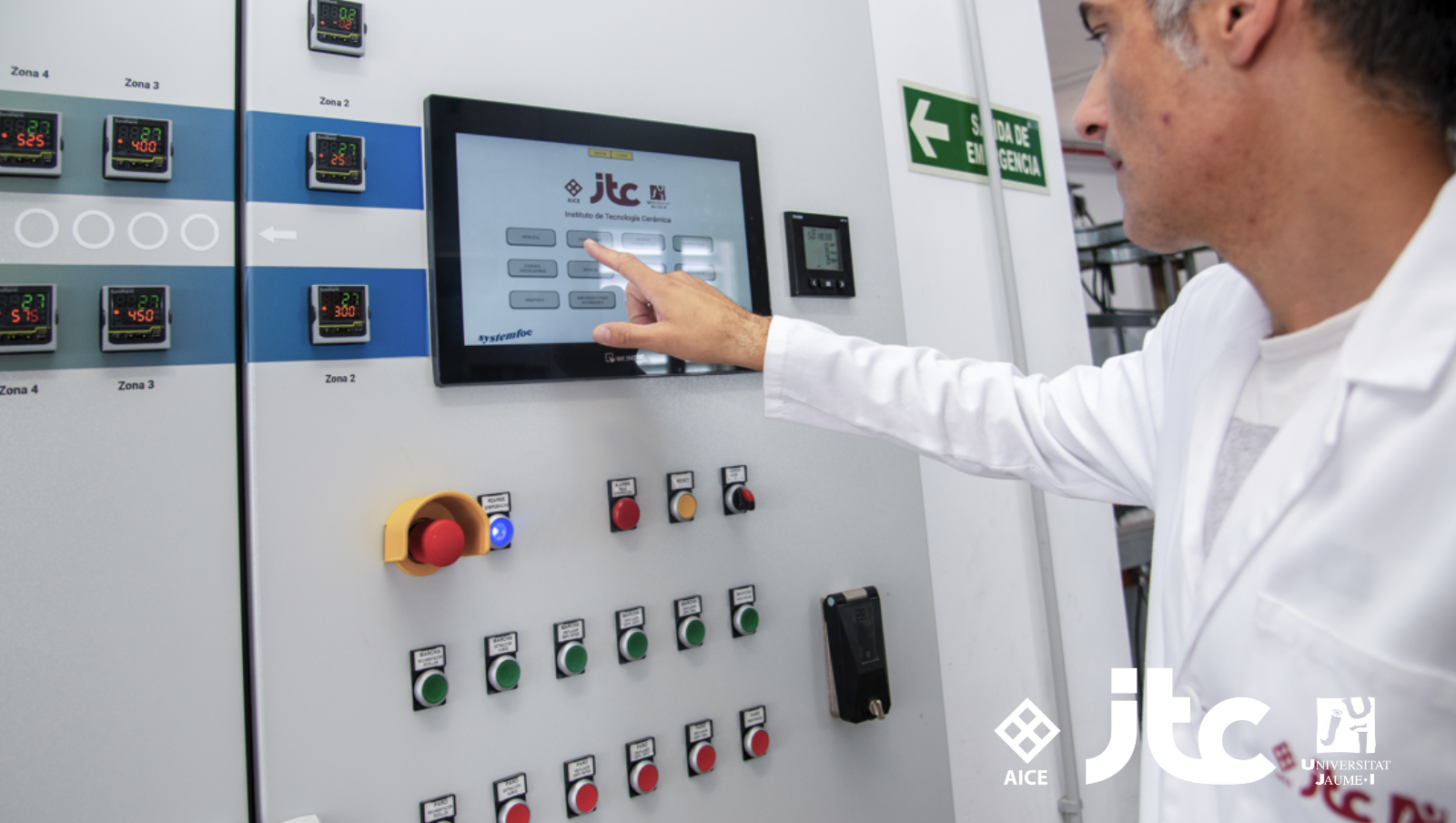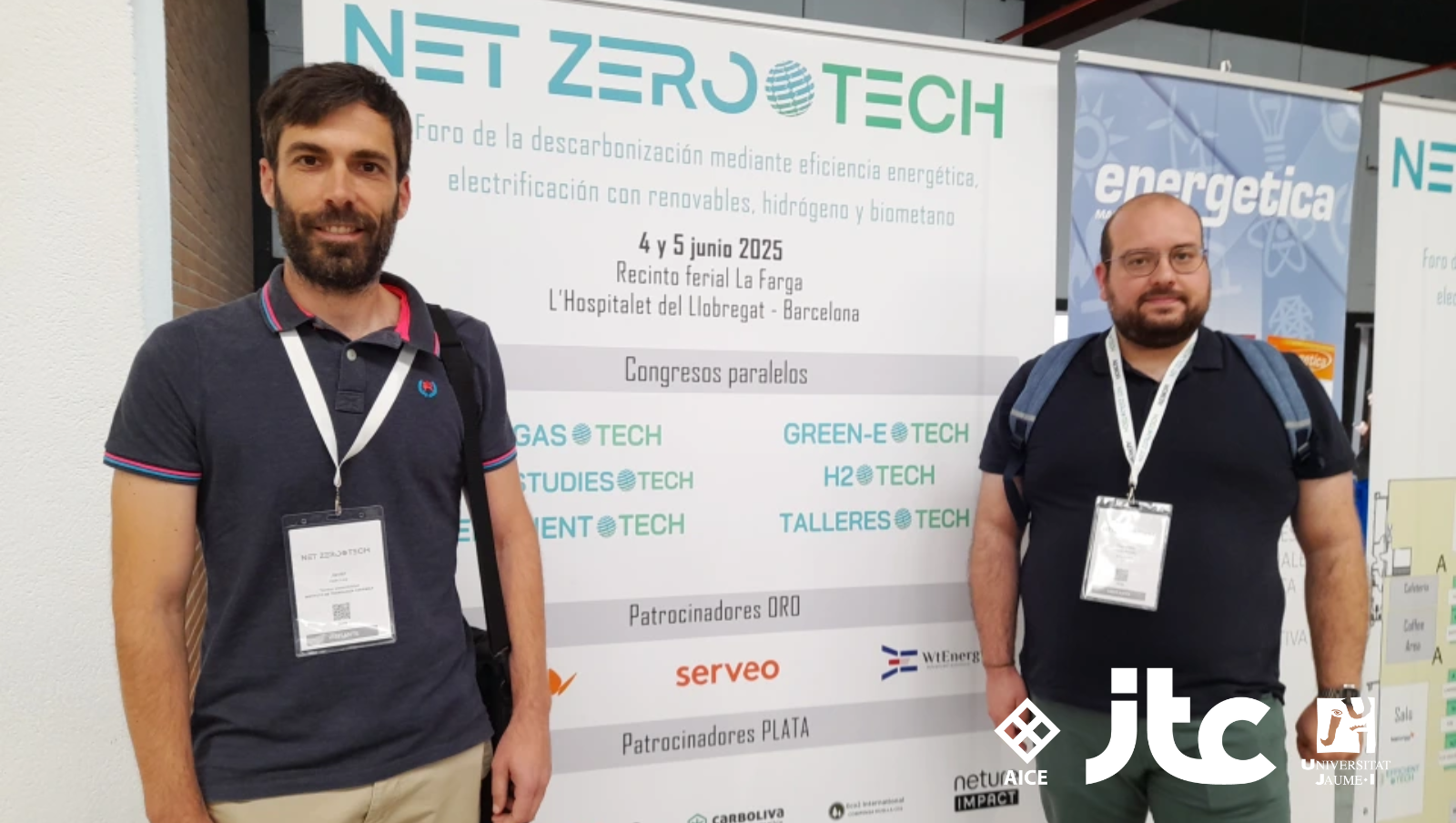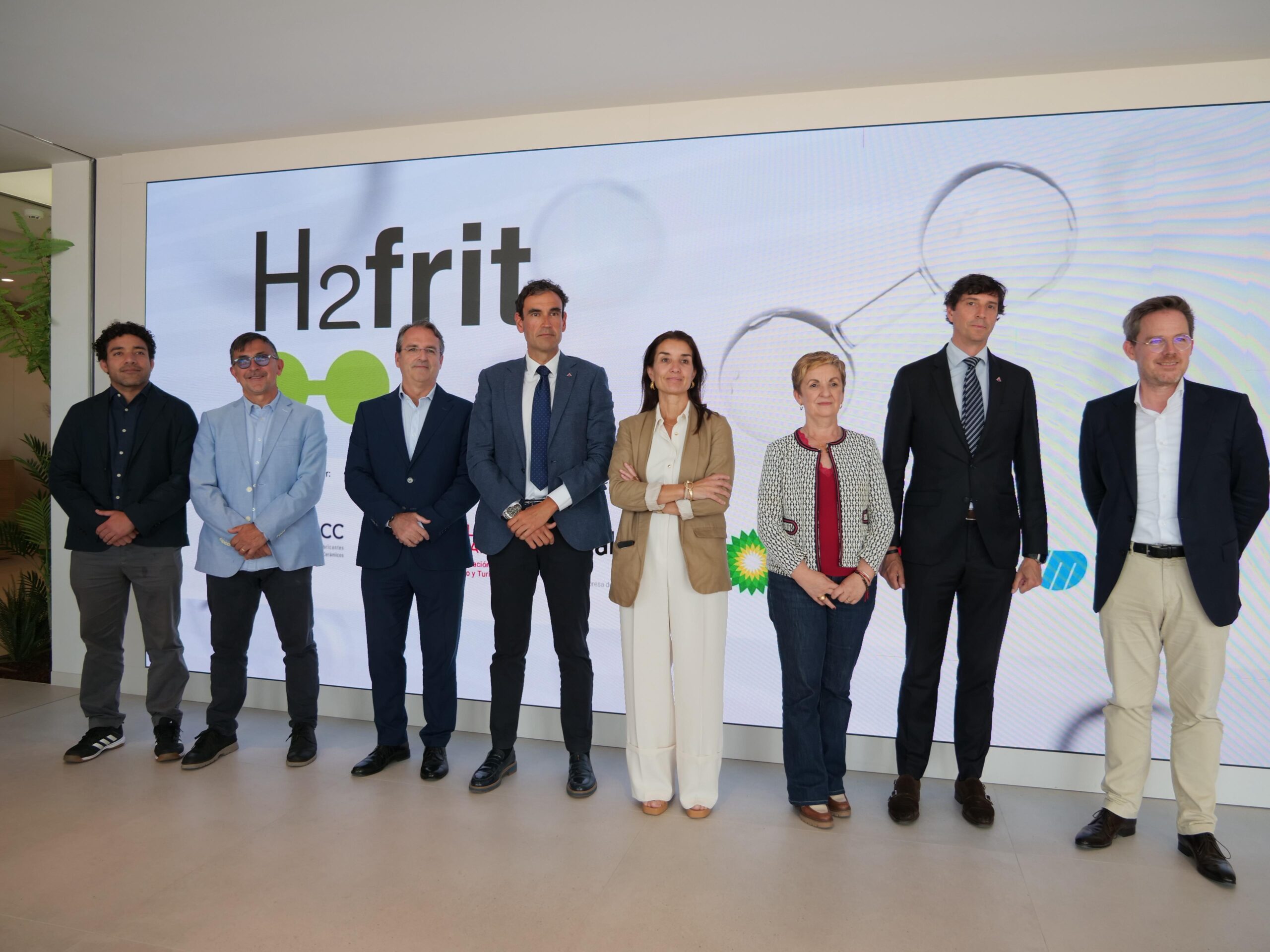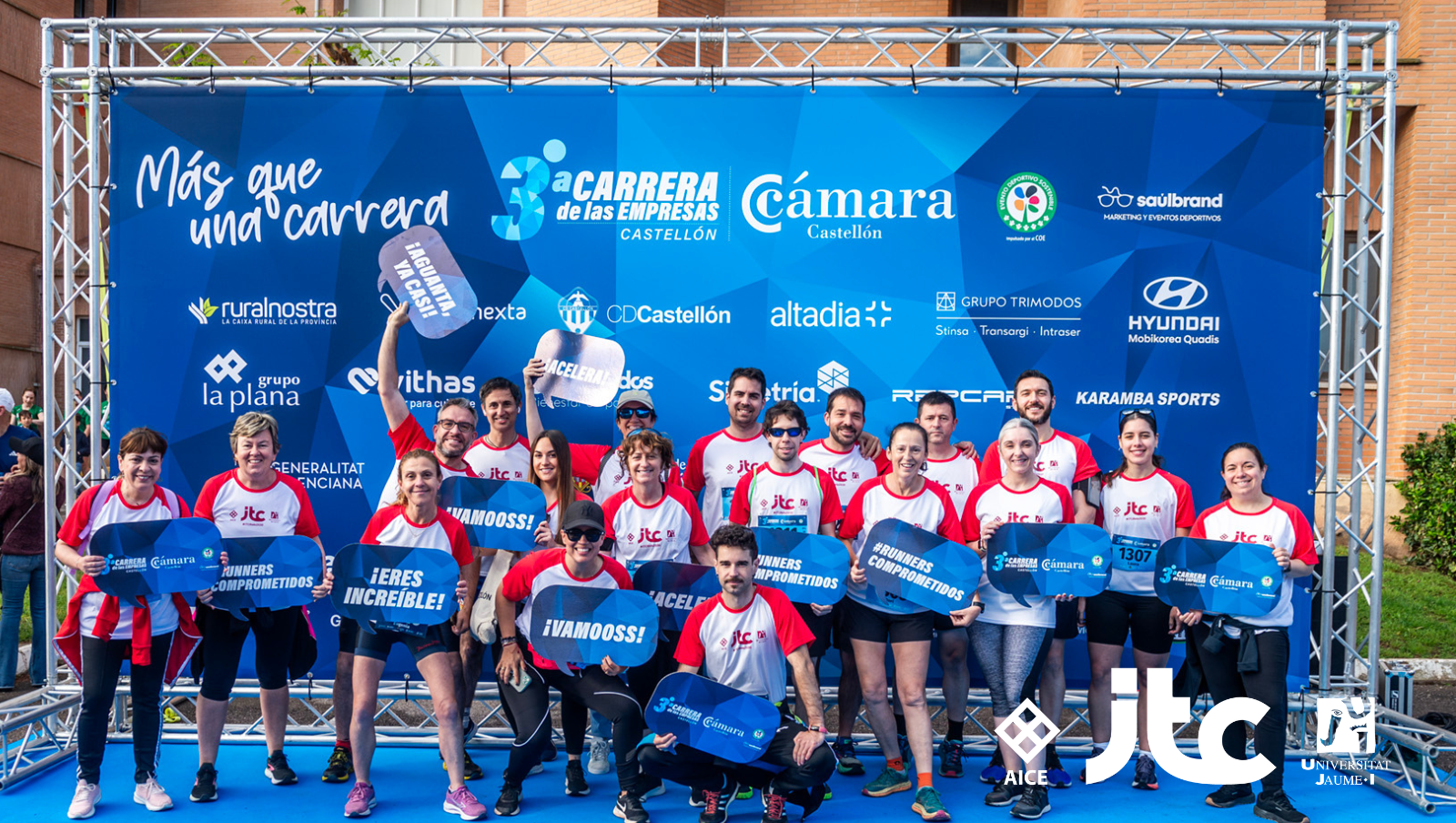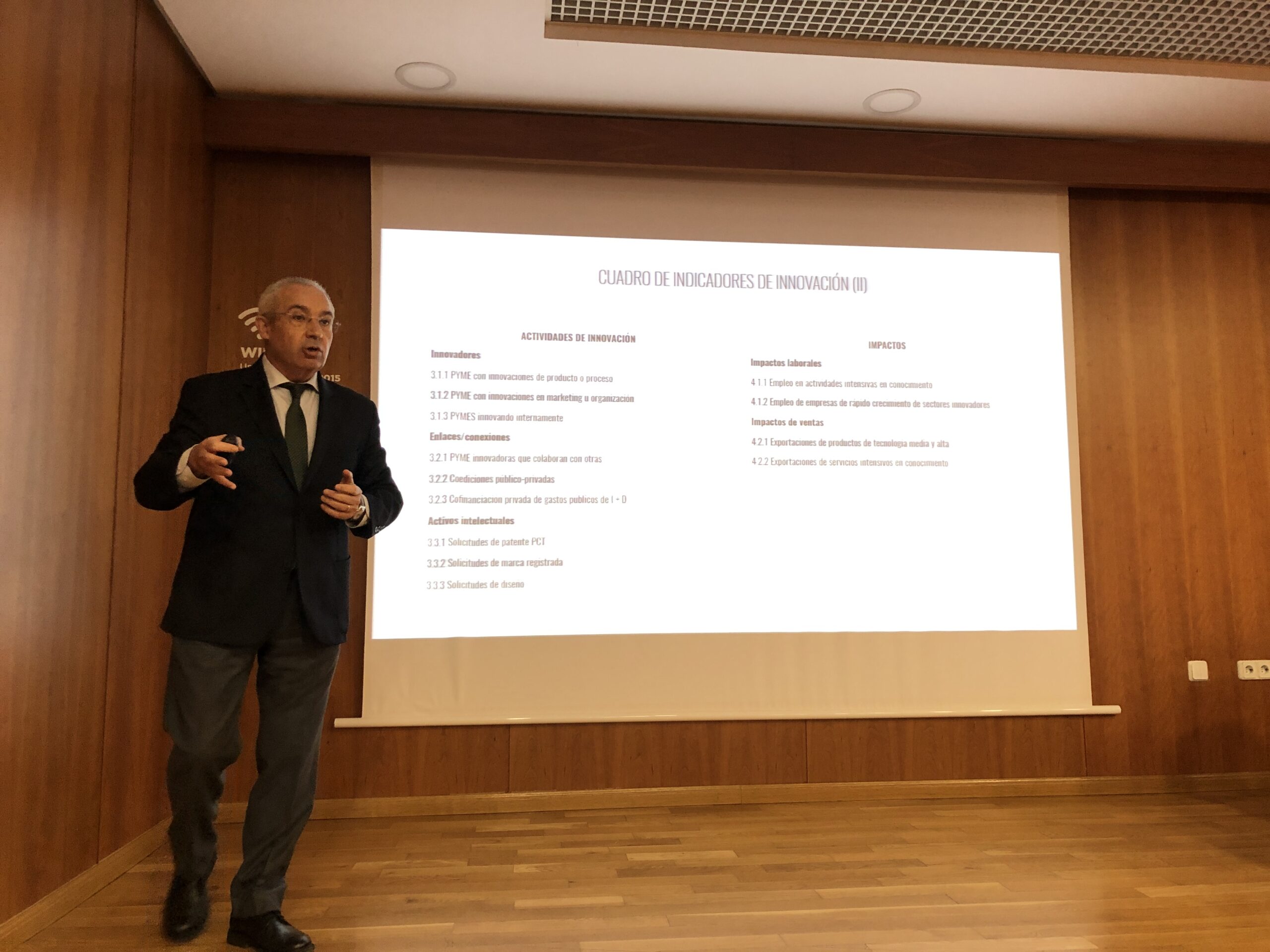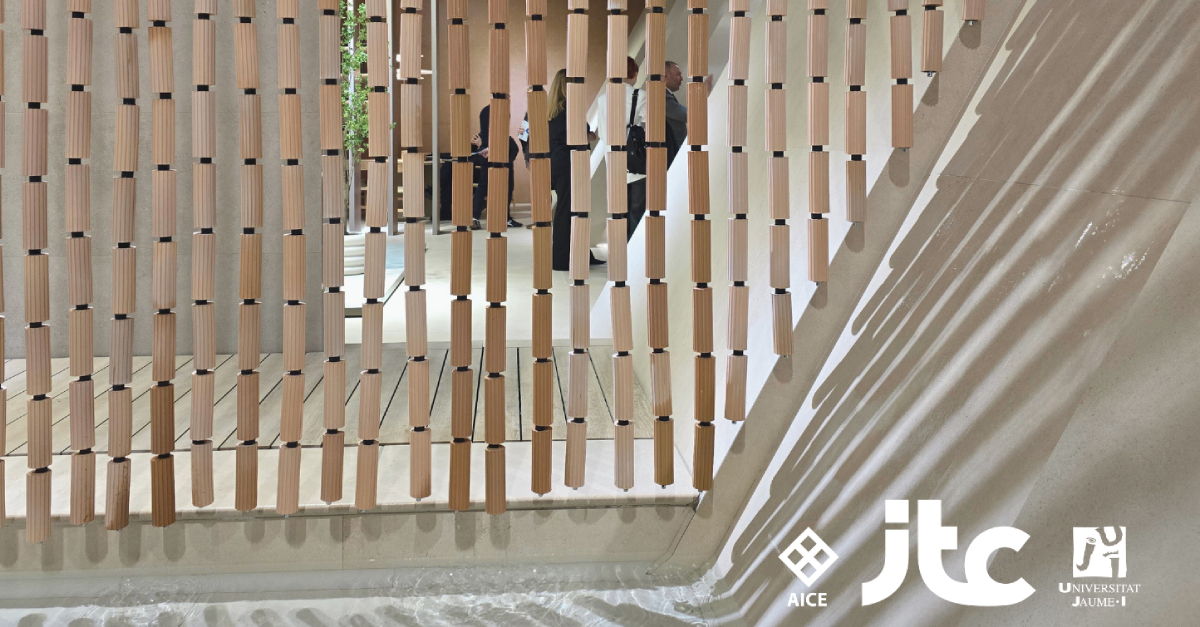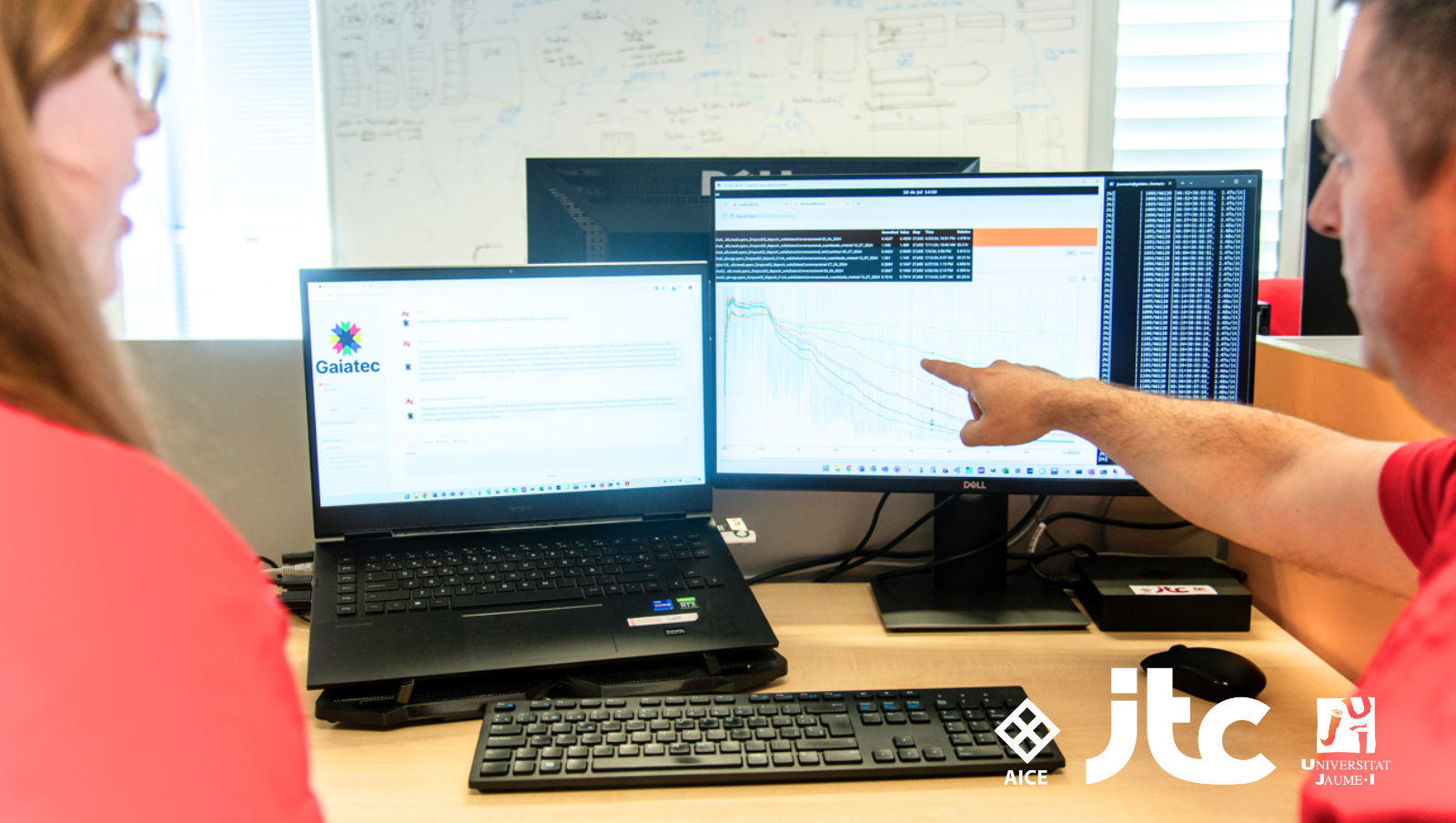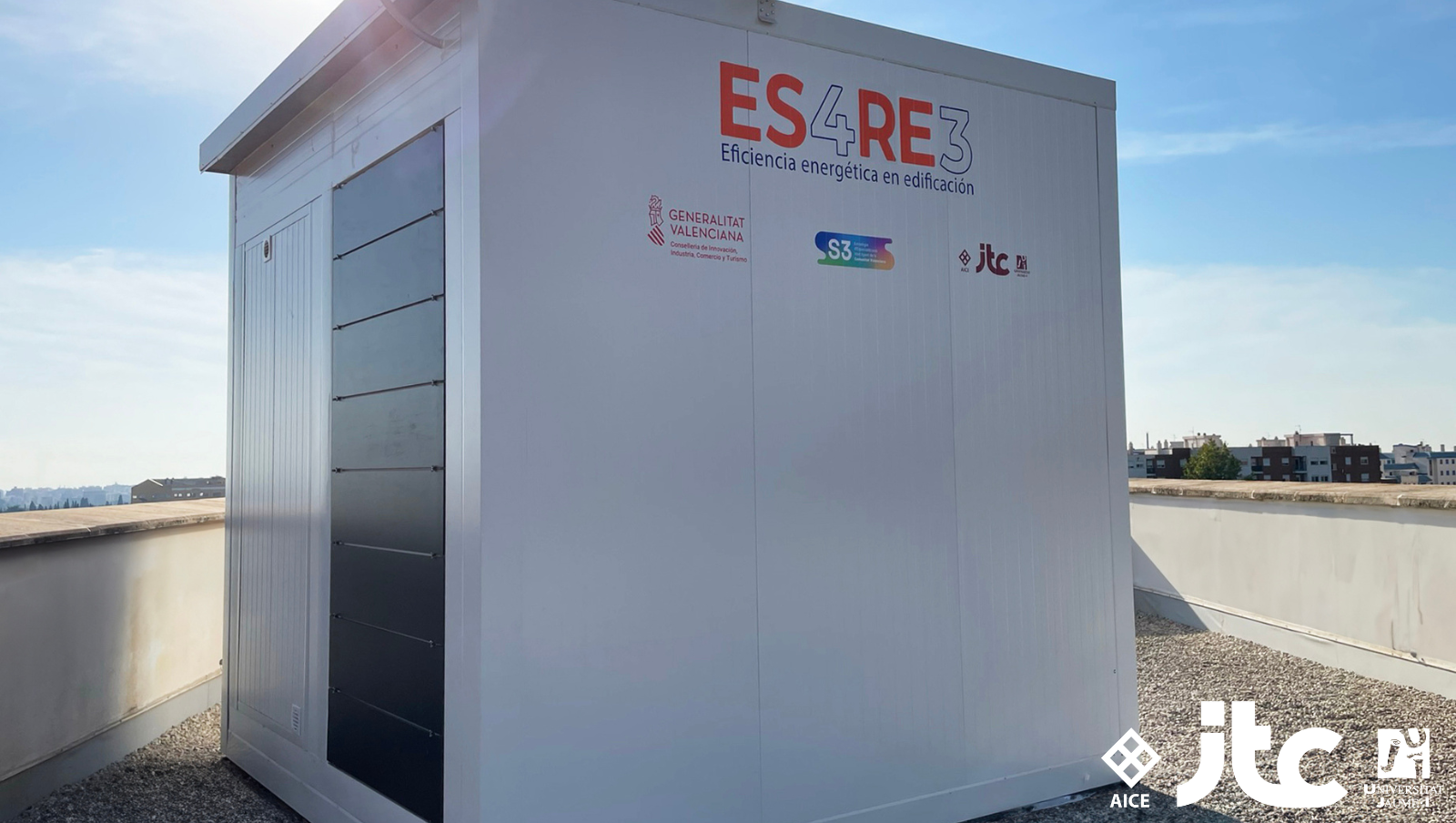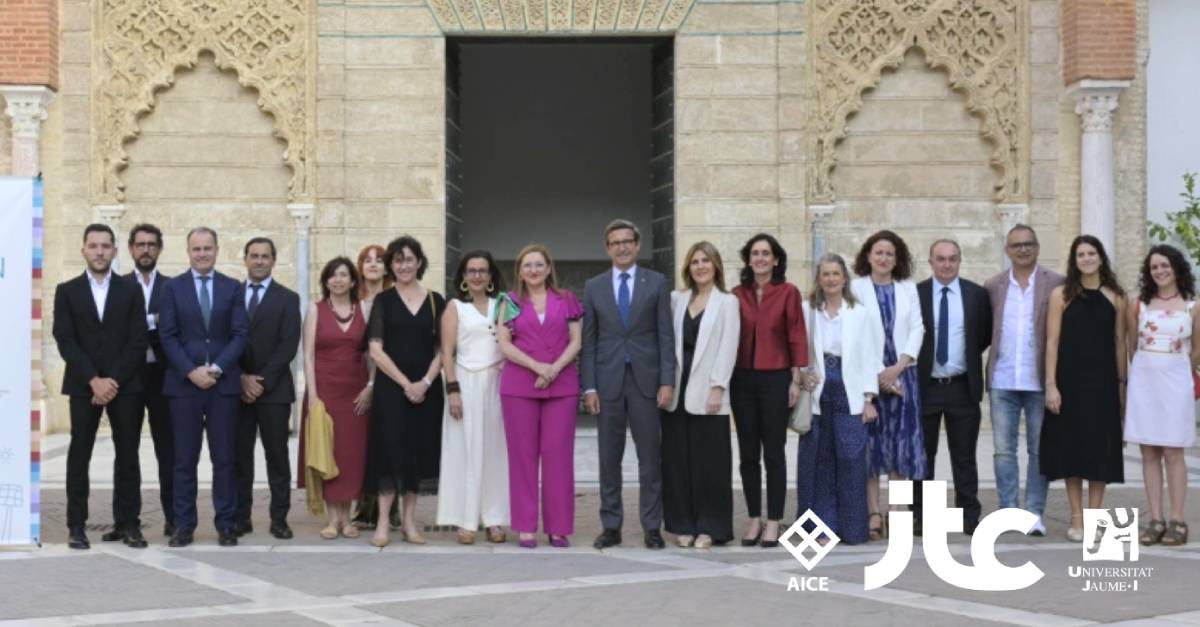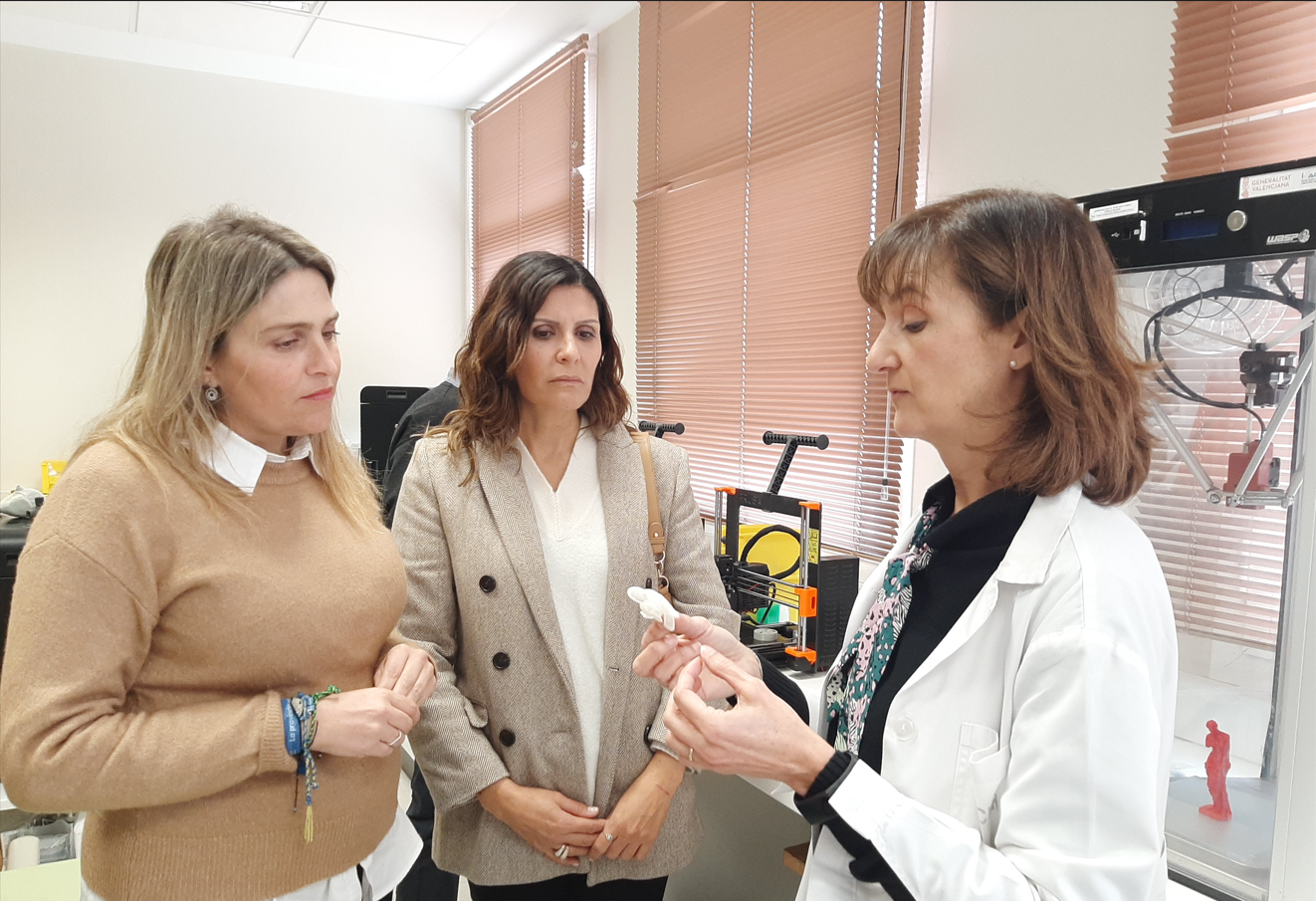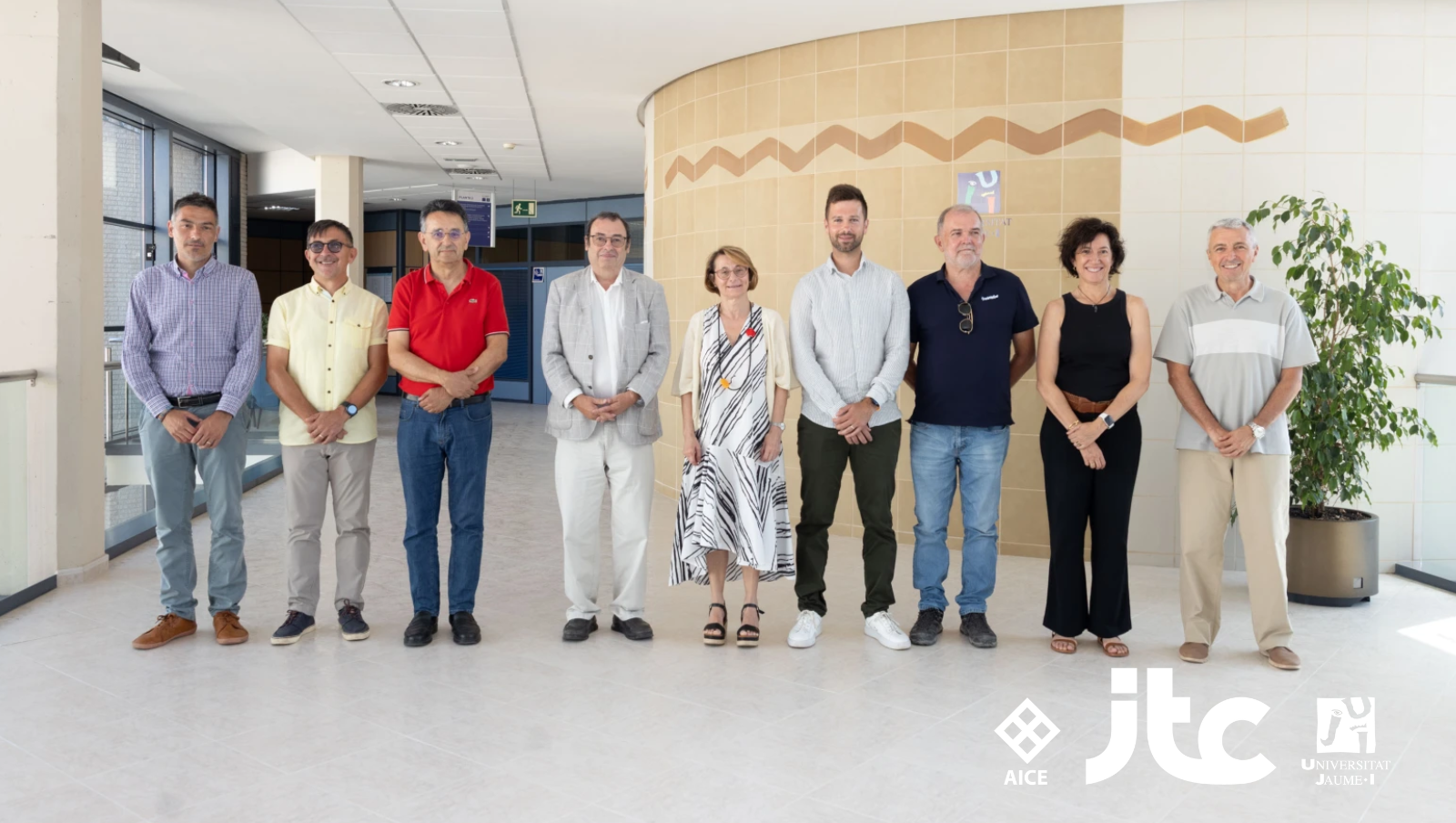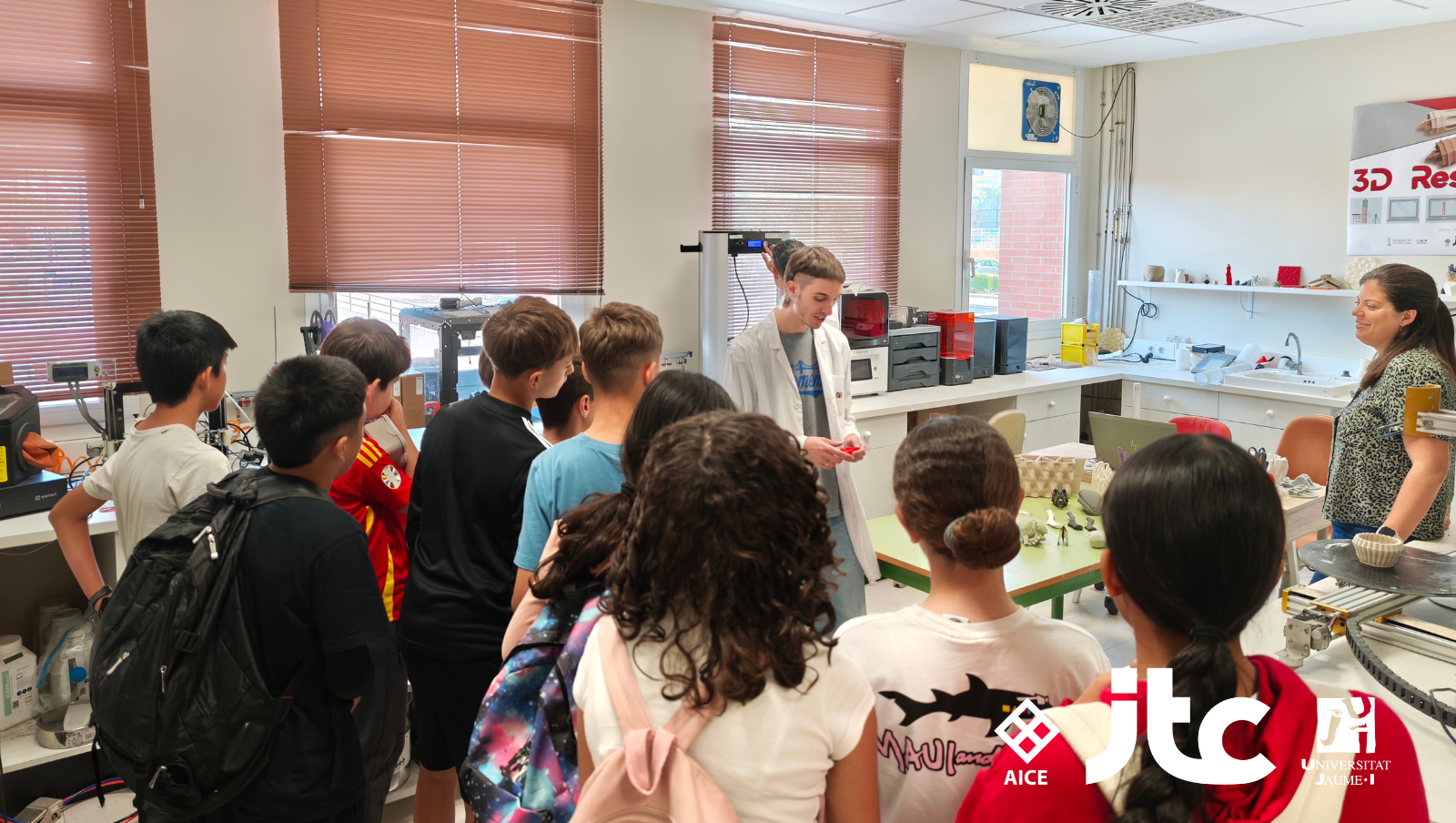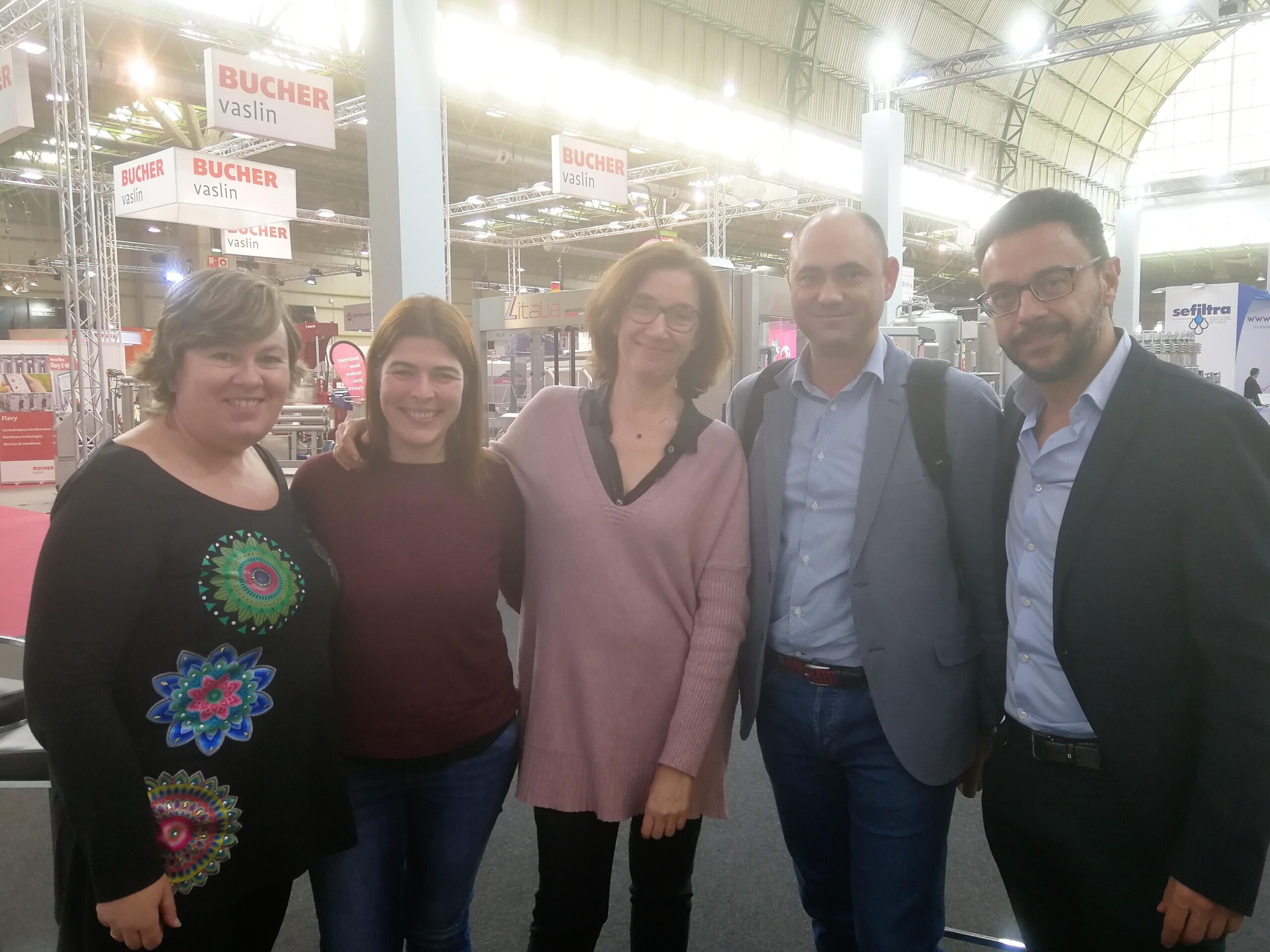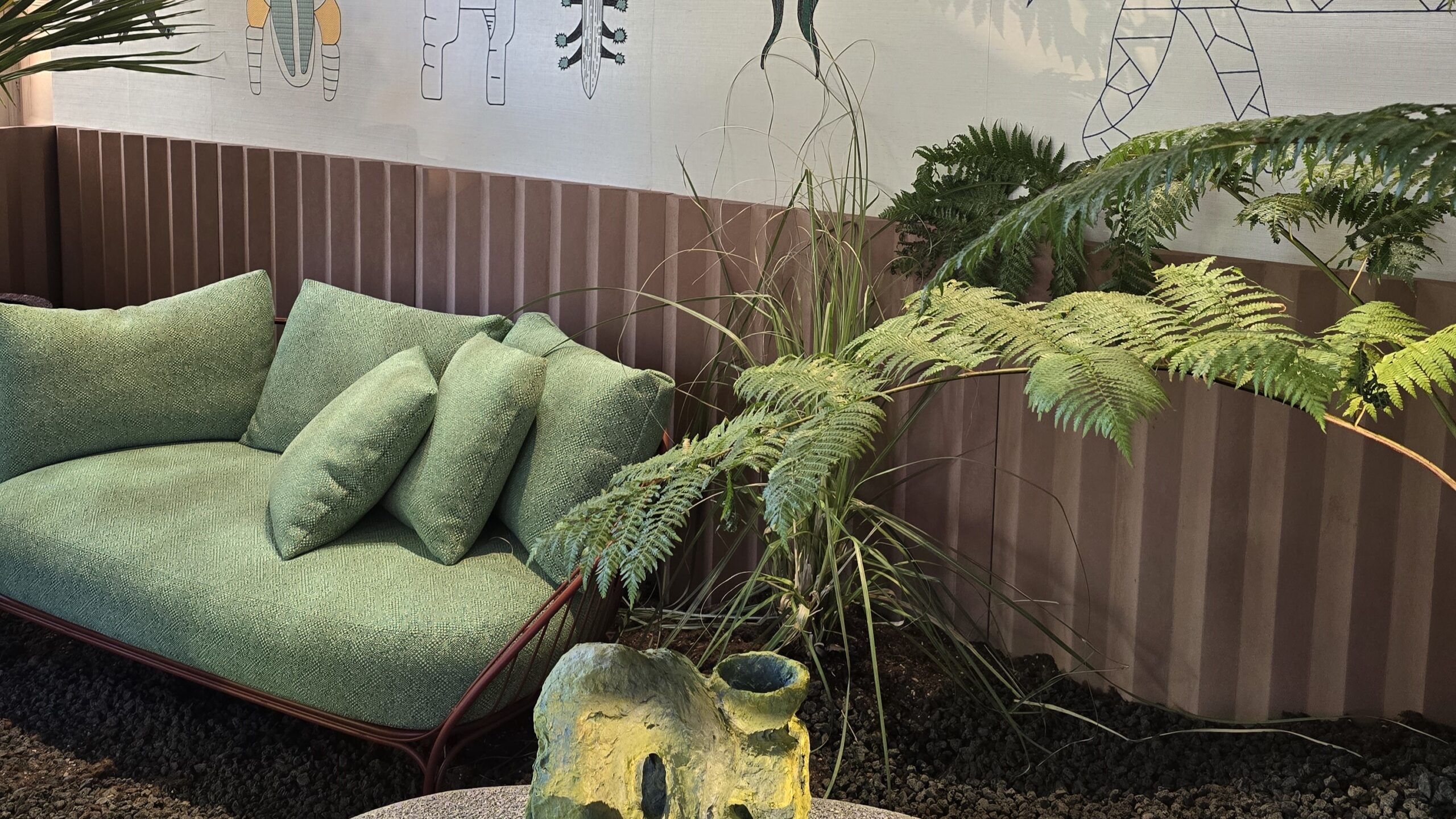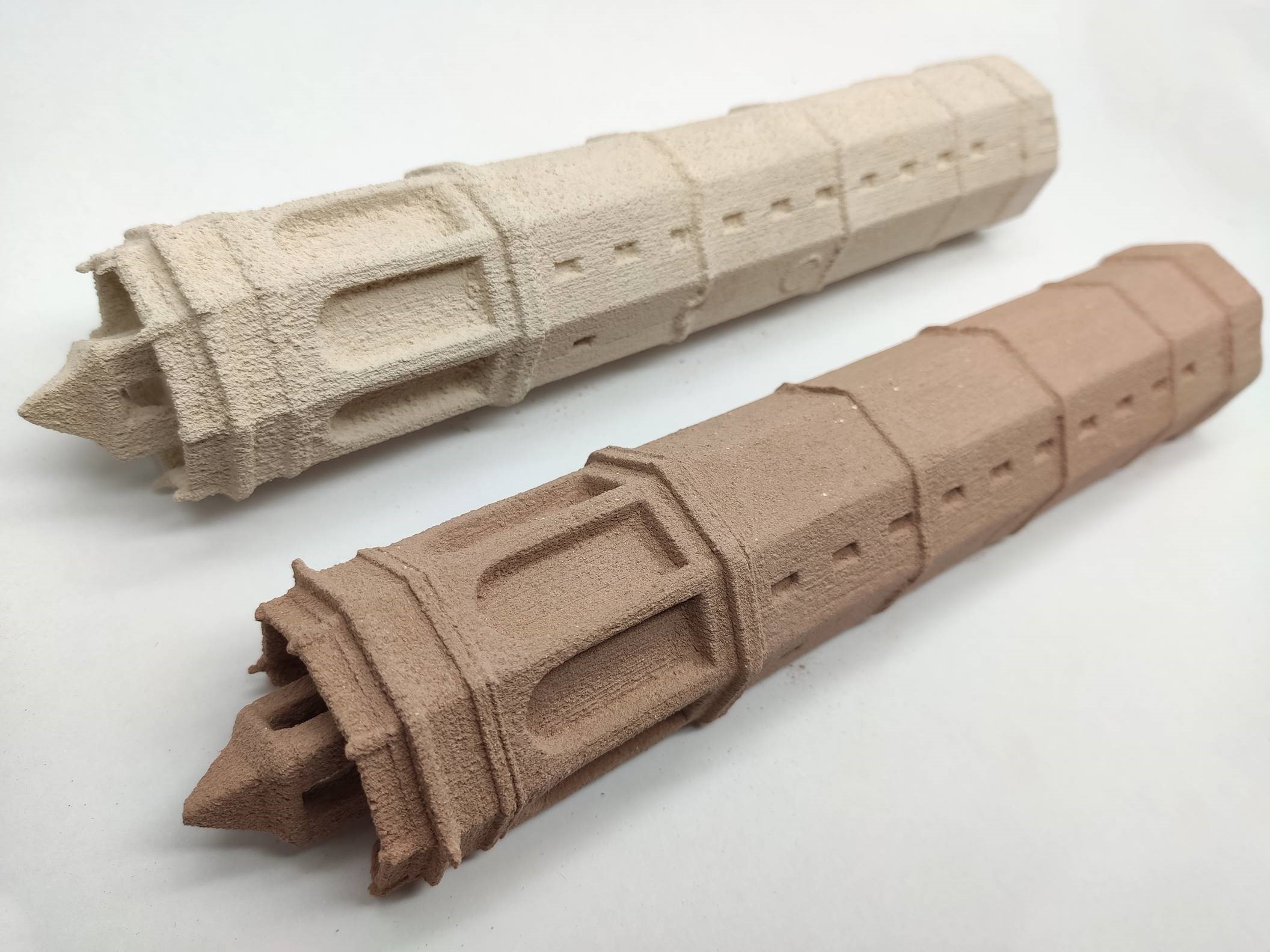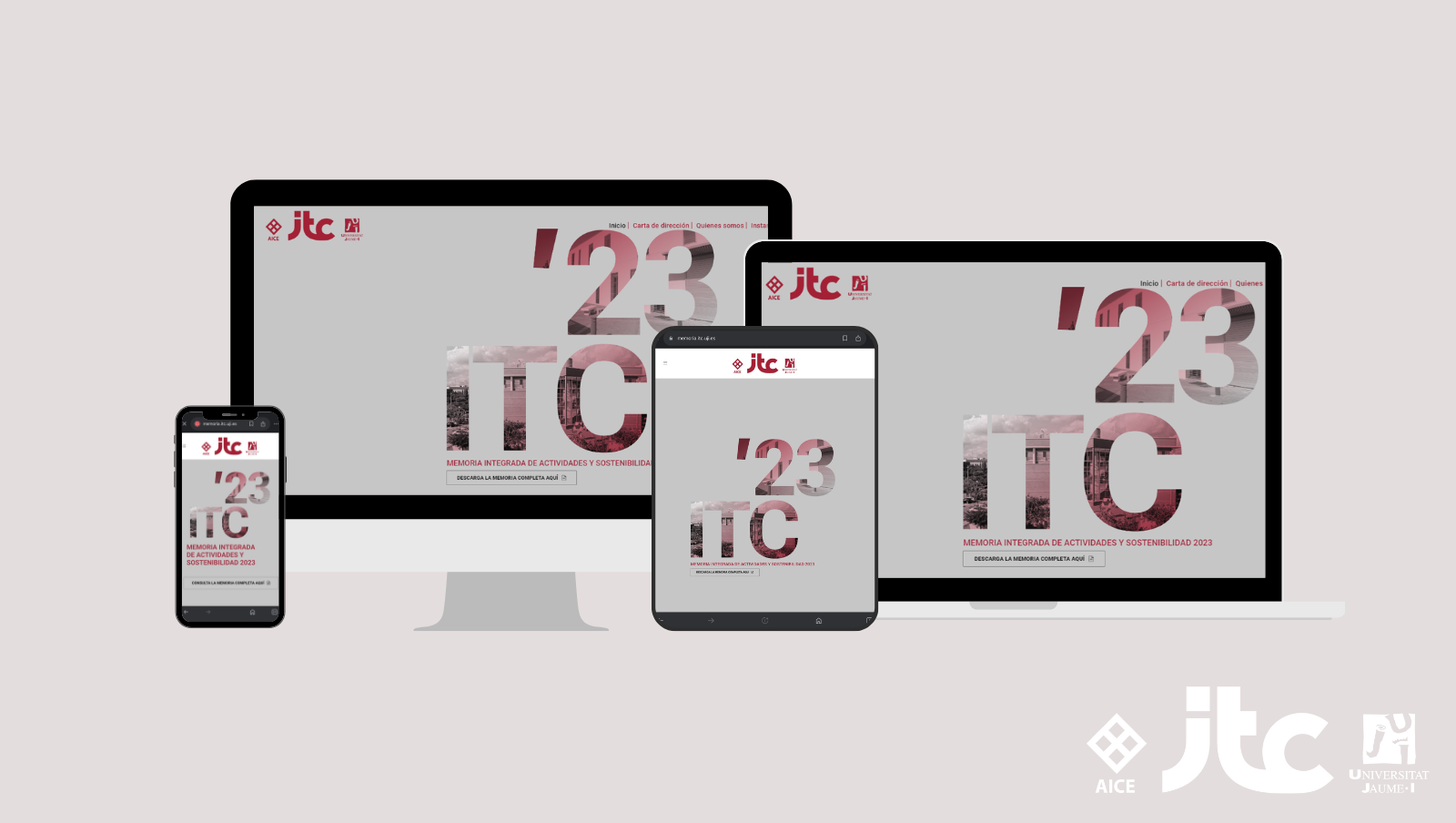El ITC ha participado los días 3 y 4 de octubre en una reunión llevada a cabo en Bruselas entre varias entidades coordinadoras de distintos proyectos que han sido aprobados por la Comisión Europea en el marco del Programa LIFE, fundamentalmente creado para preservar el medioambiente y para llevar a cabo acciones de adaptación y mitigación de los efectos negativos de la emergencia climática.
El objetivo de esta reunión ha sido principalmente conocer otros proyectos que han obtenido la aprobación del Programa LIFE, como ha sido recientemente el caso del Instituto de Tecnología Cerámica con el proyecto LIFE HYPOBRICK, cuya reunión de inicio tendrá lugar los días 15 y 16 de octubre en las instalaciones del ITC, en la Universitat Jaume I y que tiene por objetivo ayudar a descarbonizar la economía desarrollando materiales de construcción que no necesiten cocción, por lo que se eliminará esa etapa que consume una importante cantidad de energía, además de eliminar las emisiones de CO2.
Concretamente, la Agencia Ejecutiva para Pequeñas y Medianas Empresas de la Unión Europea (EASME), ha explicado las reglas de financiación, comunicación y objetivos de implantación y replicabilidad de estos proyectos de investigación abanderados por el programa LIFE.
The ITC has participated on October 3rd and 4th in a meeting held in Brussels between several coordinating entities of different projects that have been approved by the European Commission in the framework of the LIFE Programme, mainly created to preserve the environment and to carry out actions of adaptation and mitigation of the negative effects of climate change.
The objective of this meeting has been principally to know other projects that have obtained the approval of the LIFE Programme, as has been recently the case of the Instituto de Tecnología Cerámica with the project LIFE HYPOBRICK, whose initial meeting will take place on October 15 and 16 at the ITC facilities, in the Jaume I University of Castellón (Spain), and that aims to help decarbonize the economy by developing building materials that do not need to be fired, so that will eliminate that stage that consumes a significant amount of energy, in addition to eliminating CO2 emissions.
Specifically, the Executive Agency for Small and Medium Enterprises of the European Union (EASME), has explained the regulations for funding, communication and objectives of implementation and replicability of these research projects flagged by the LIFE Programme.























